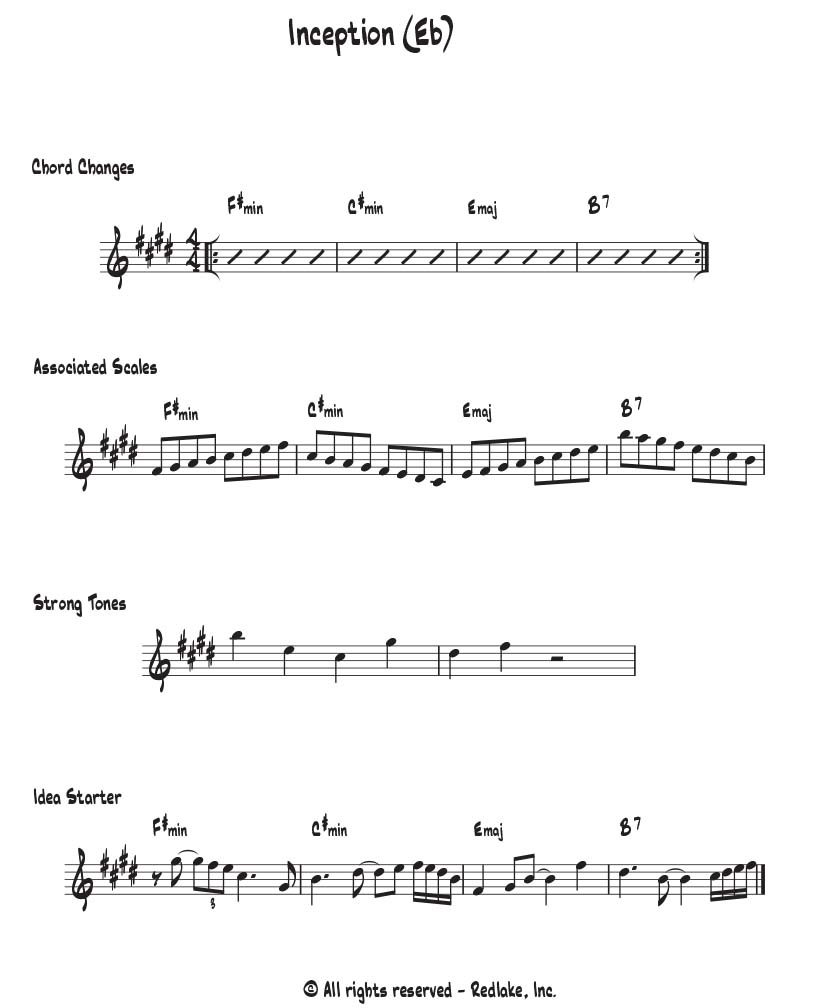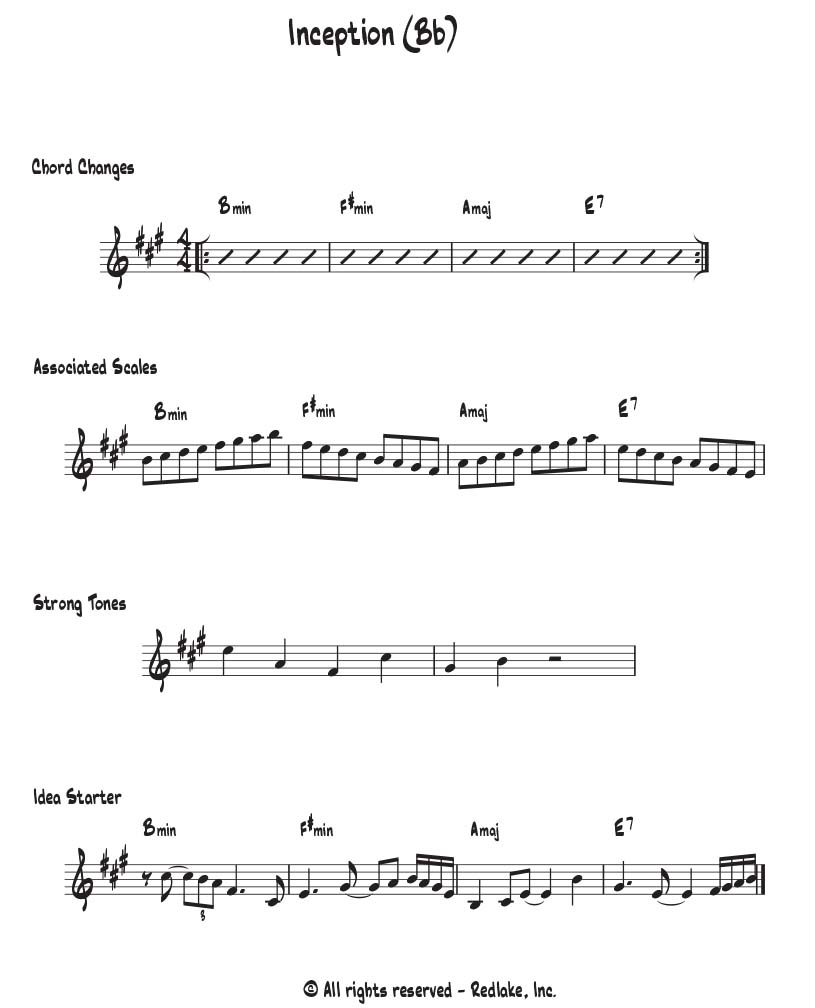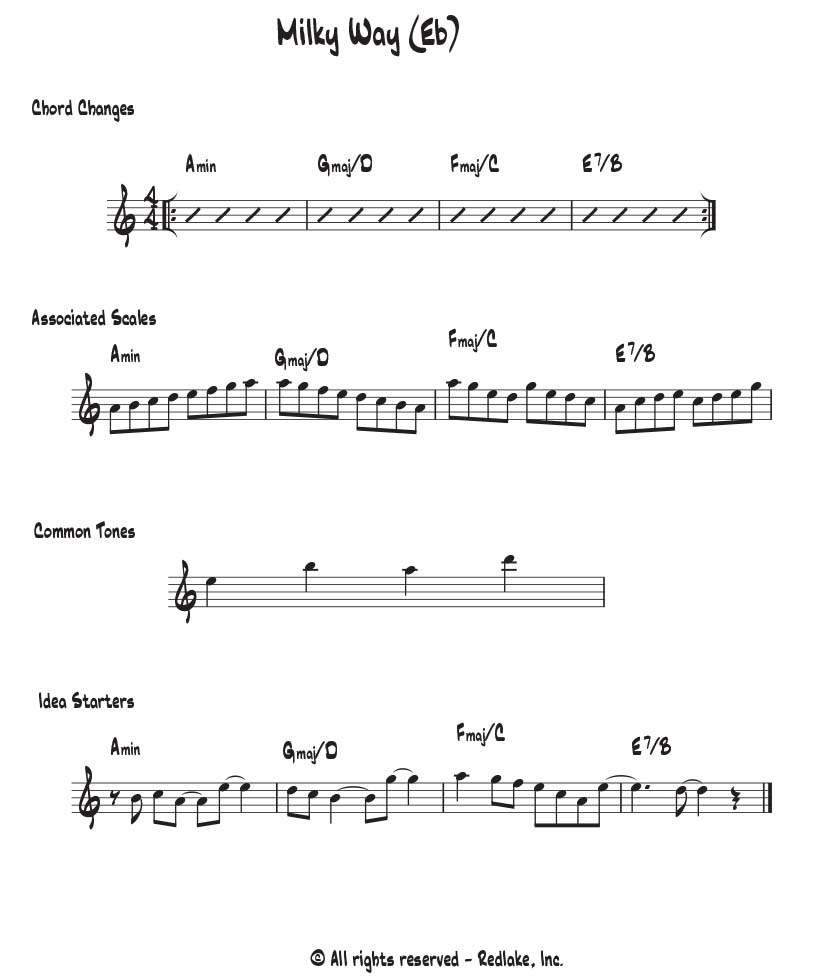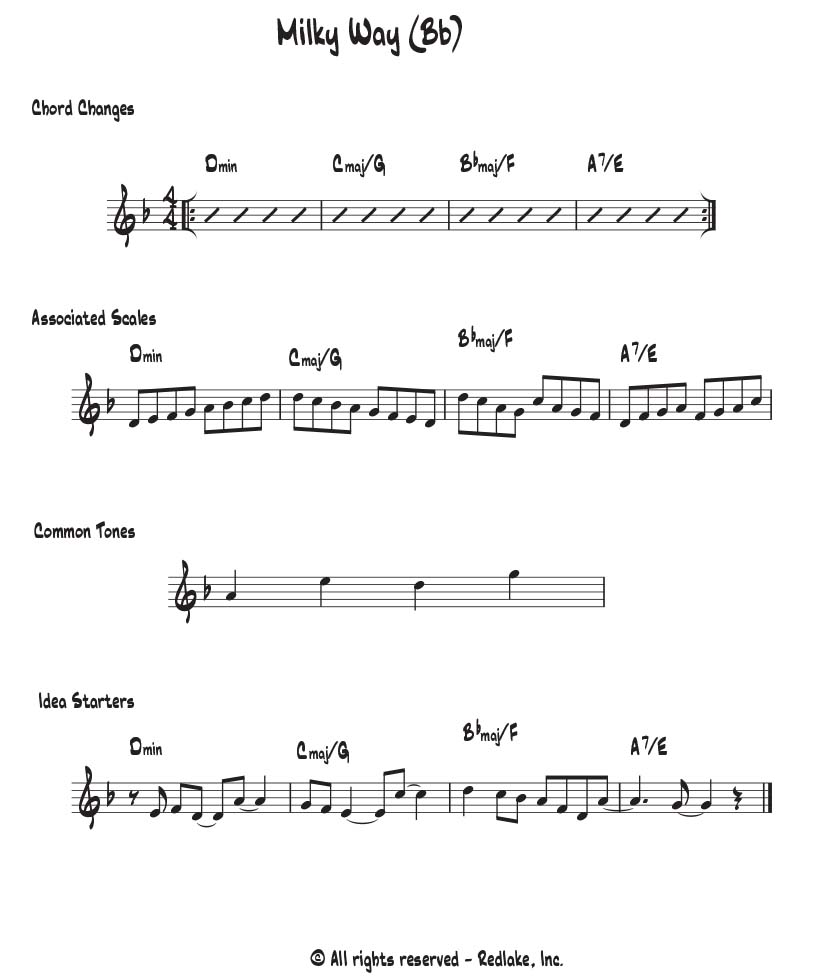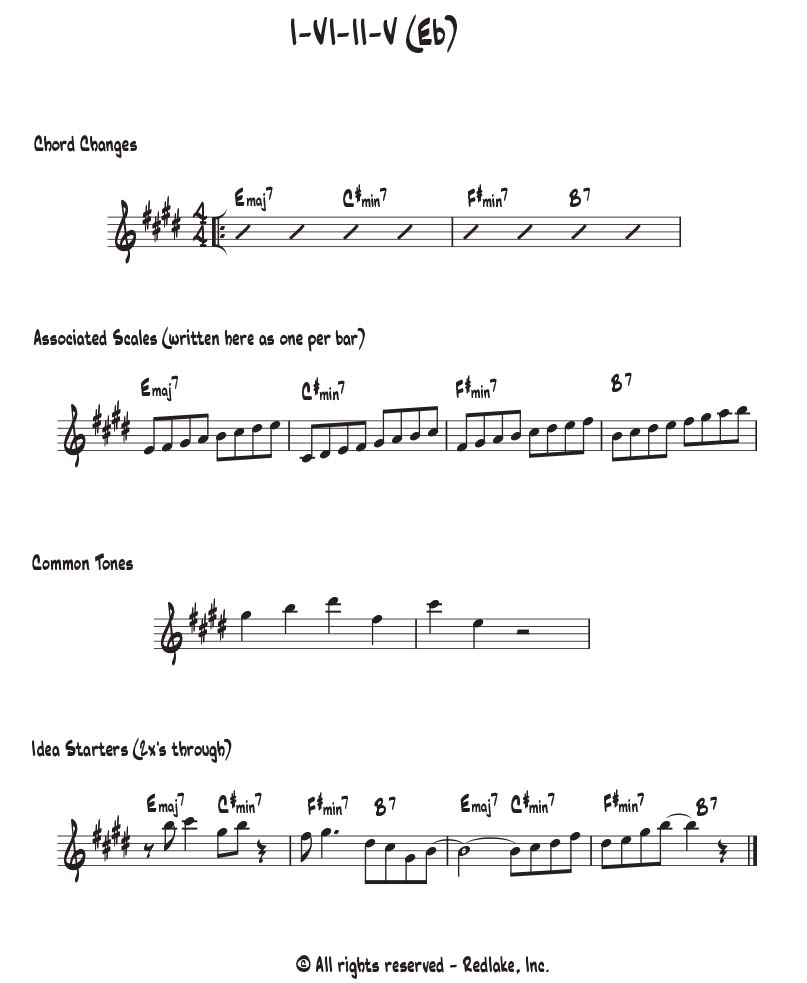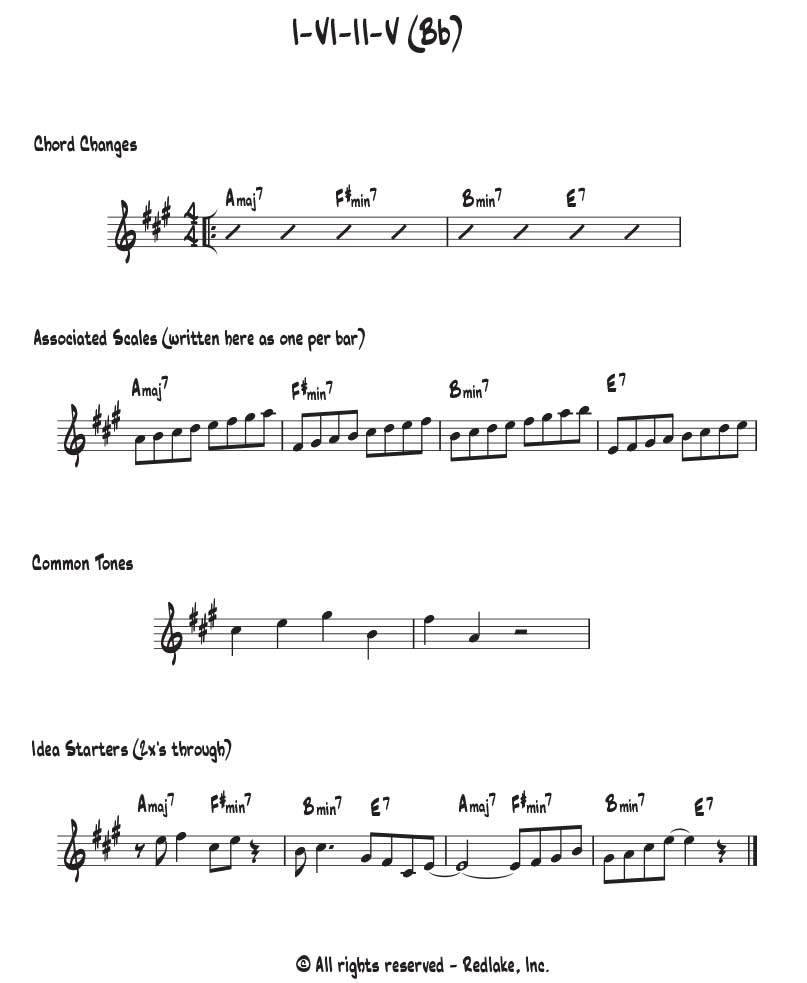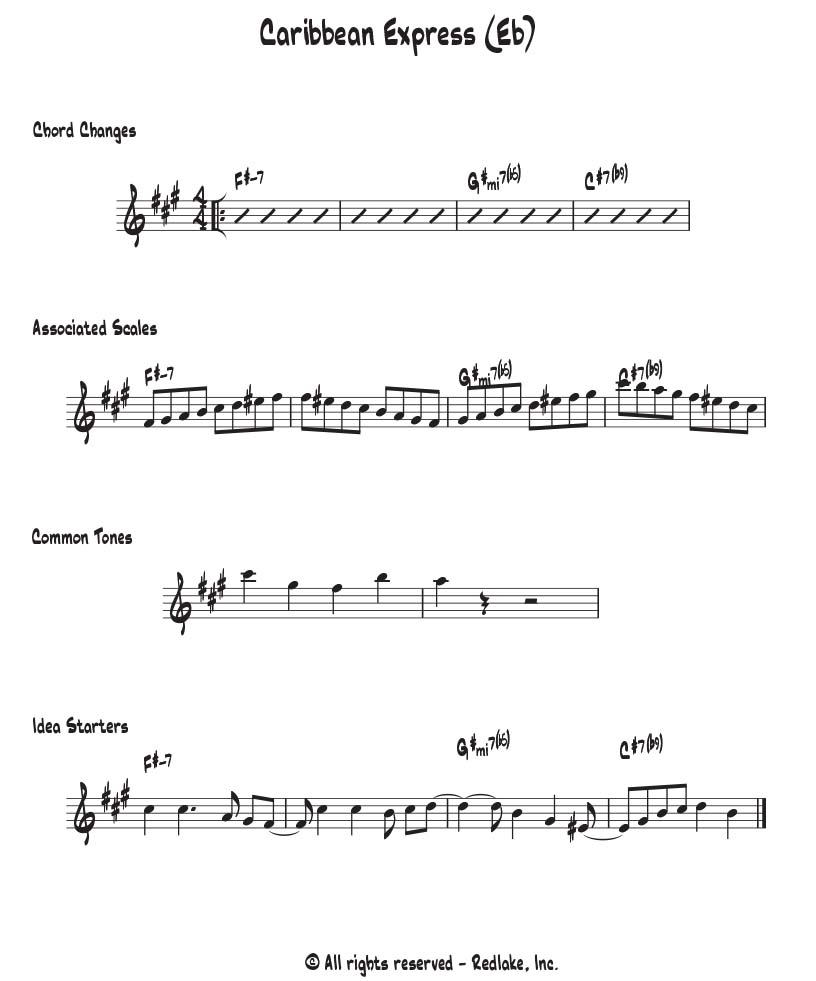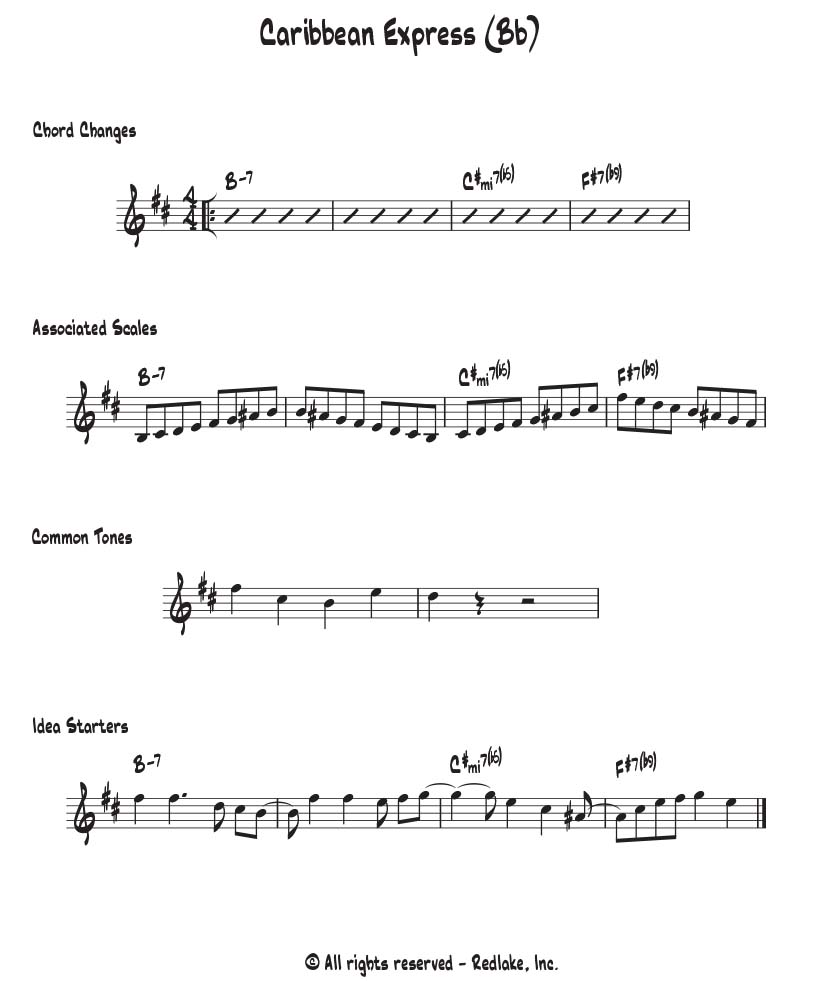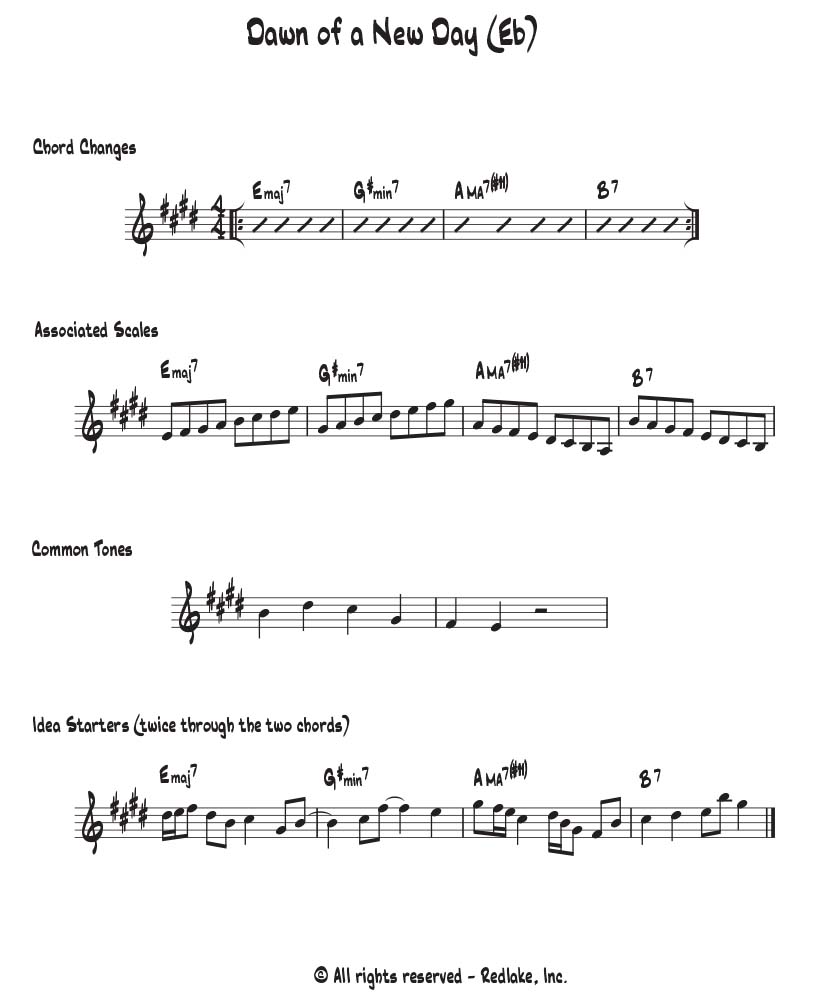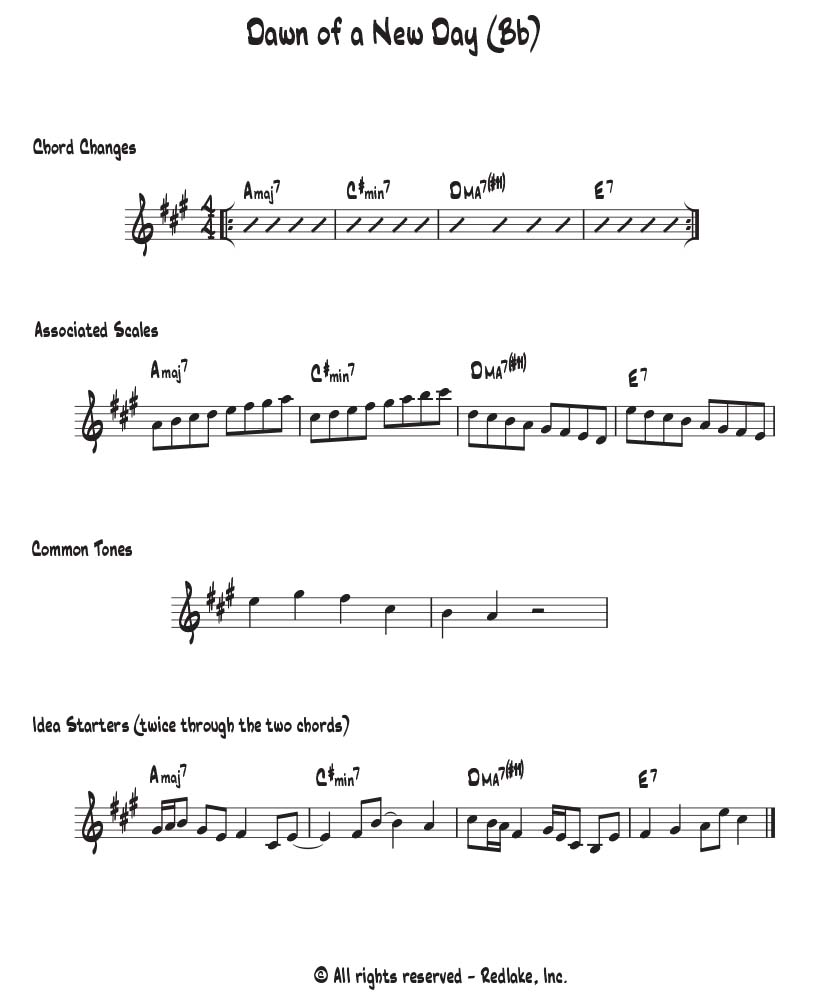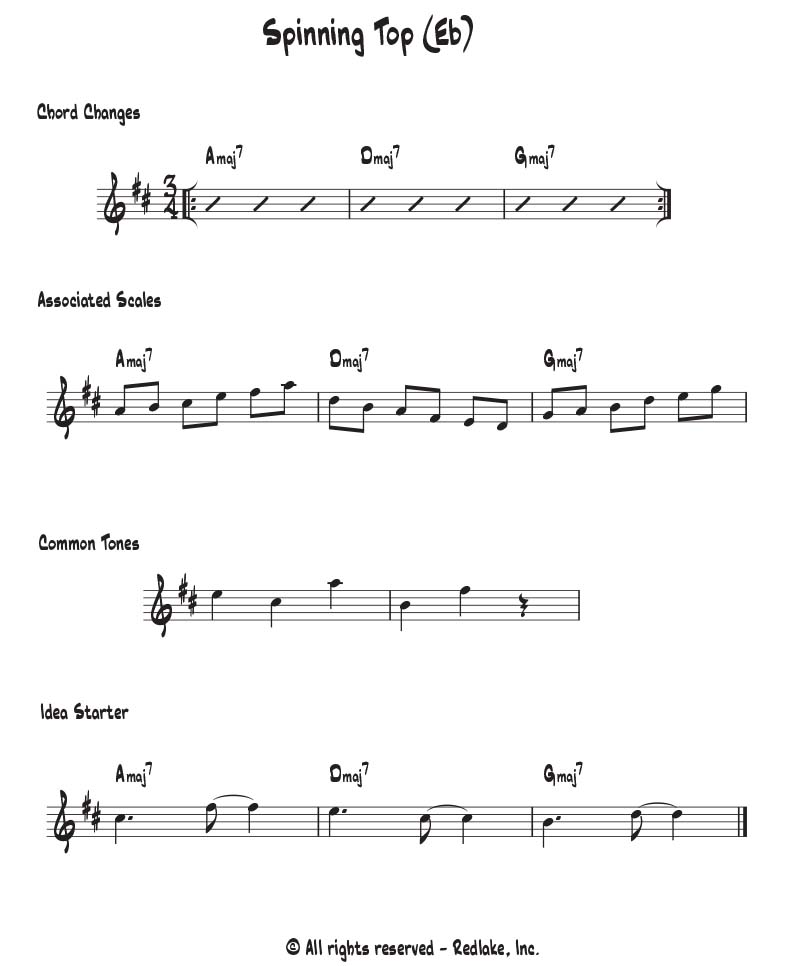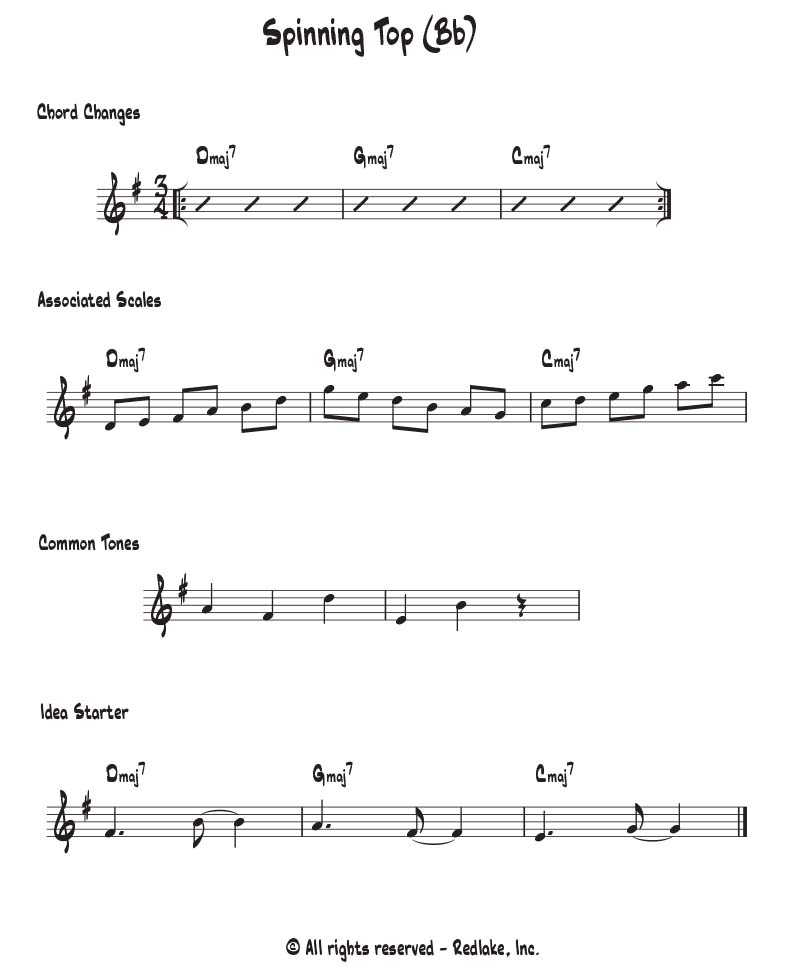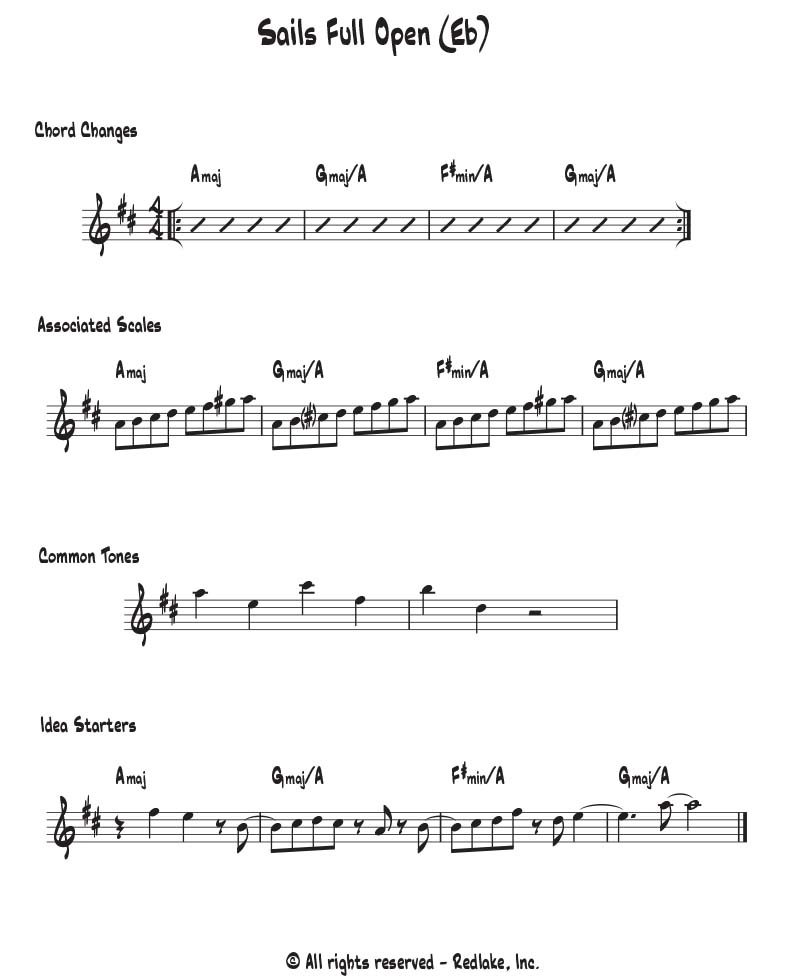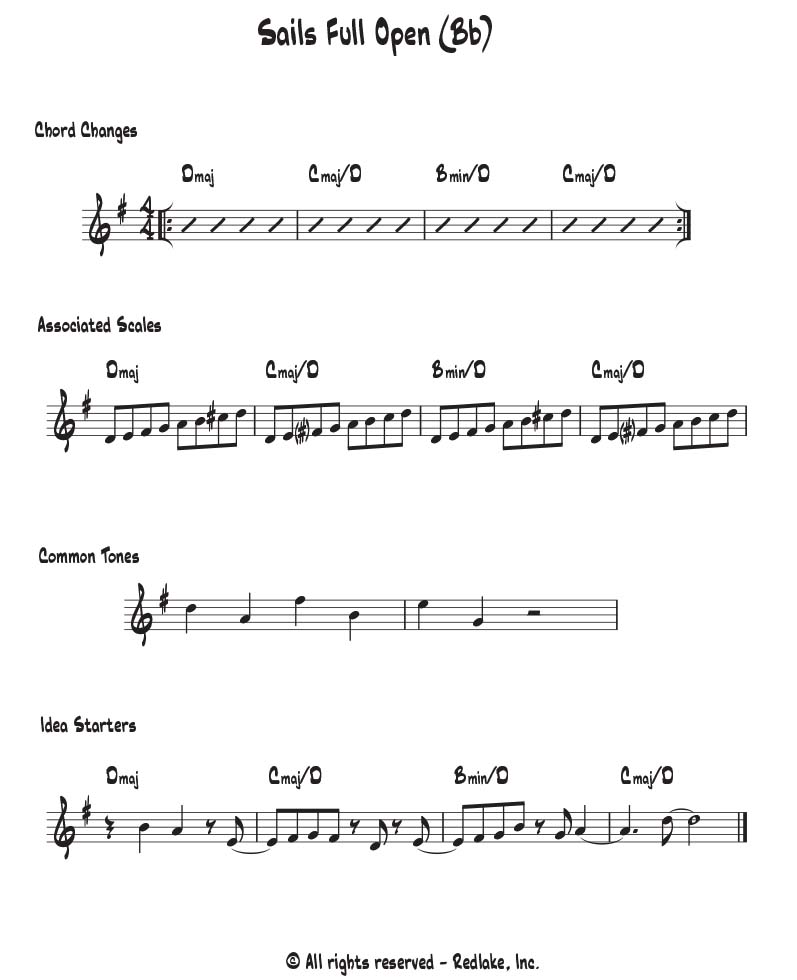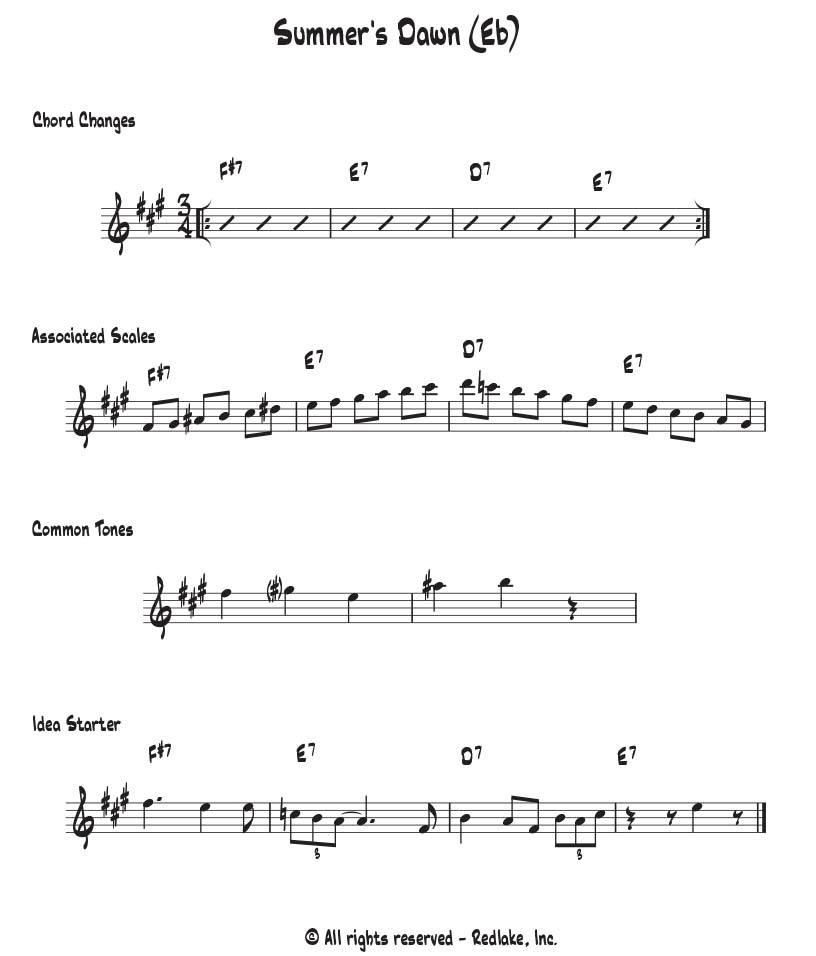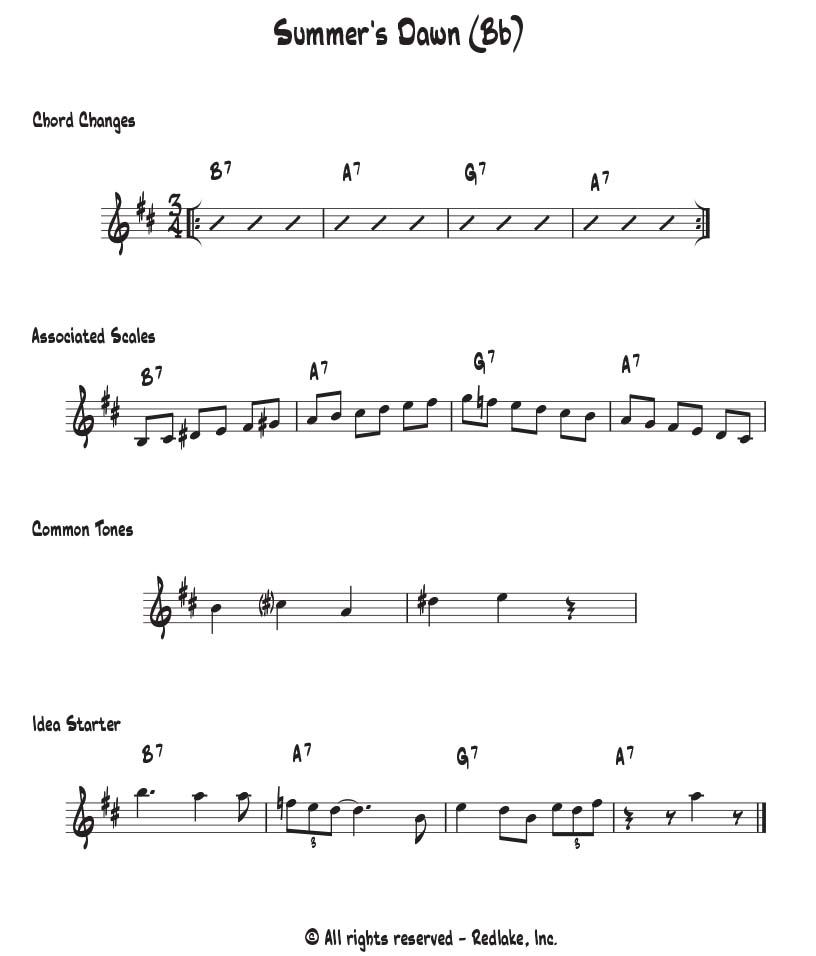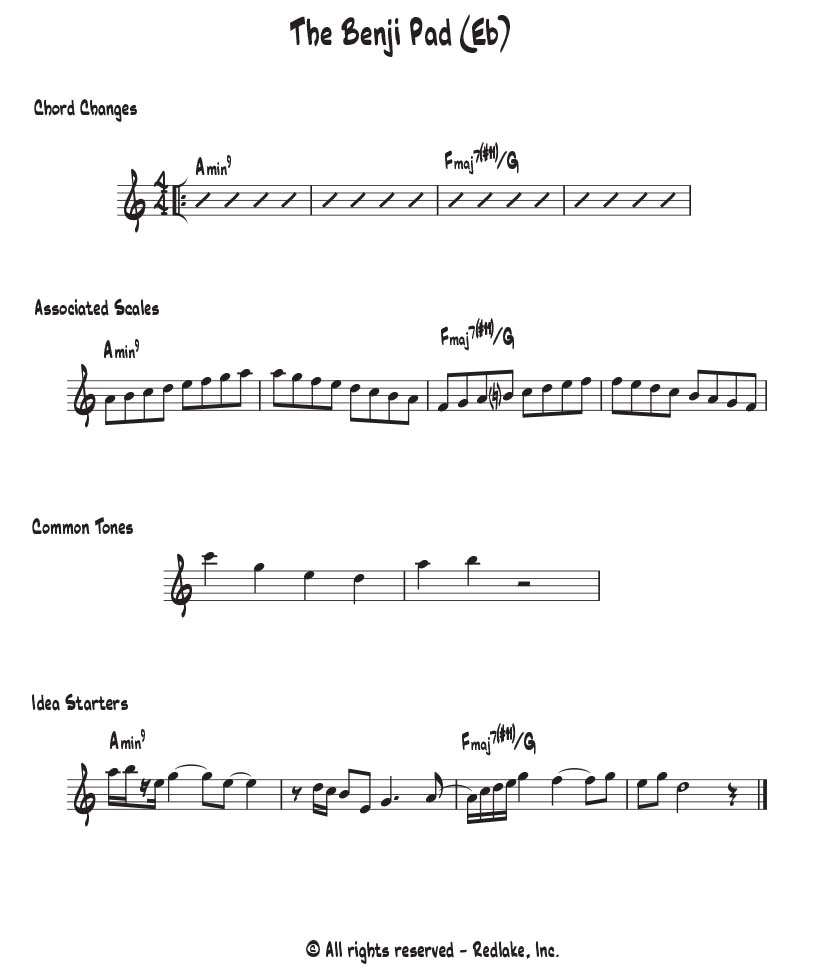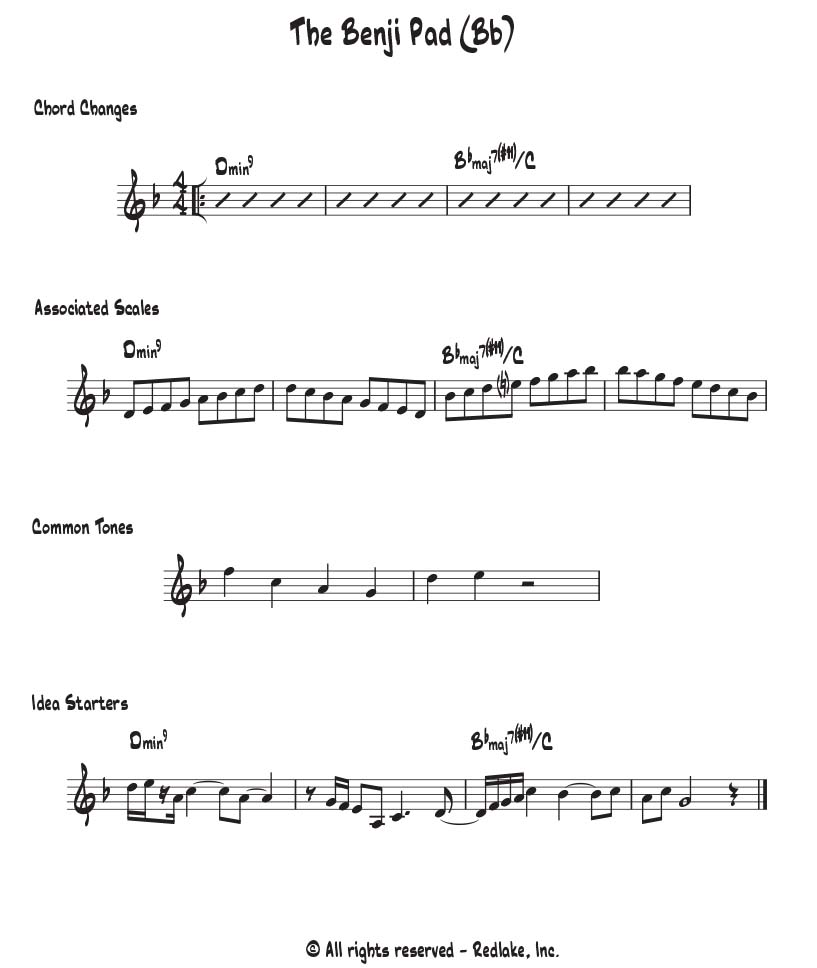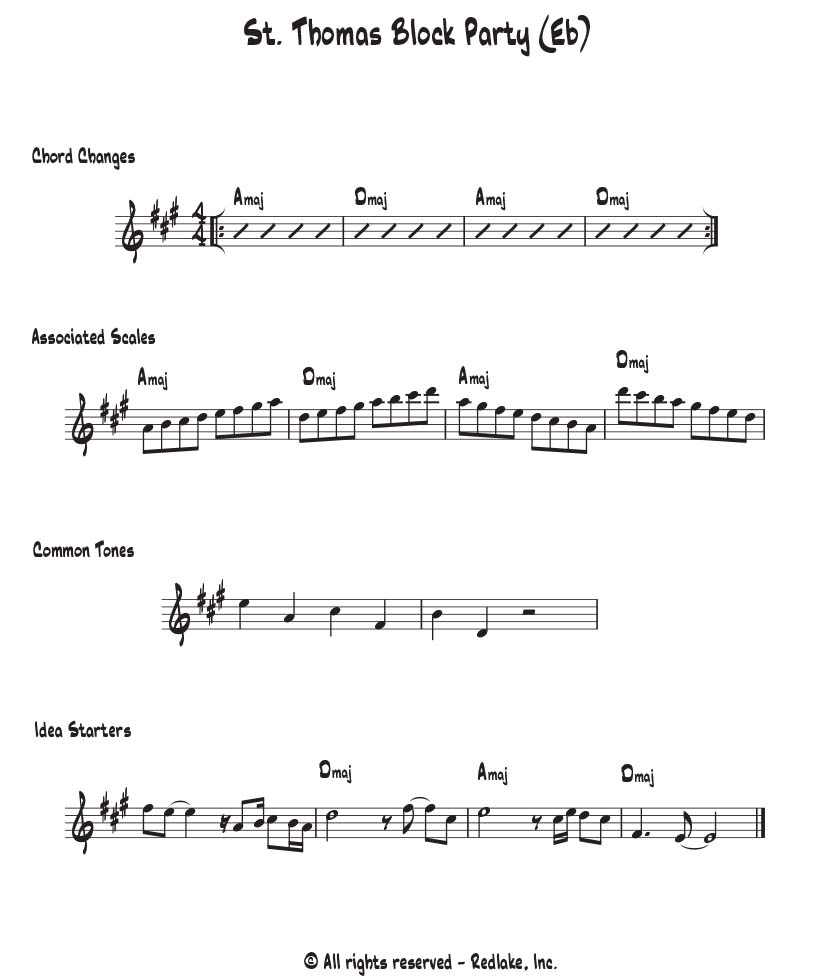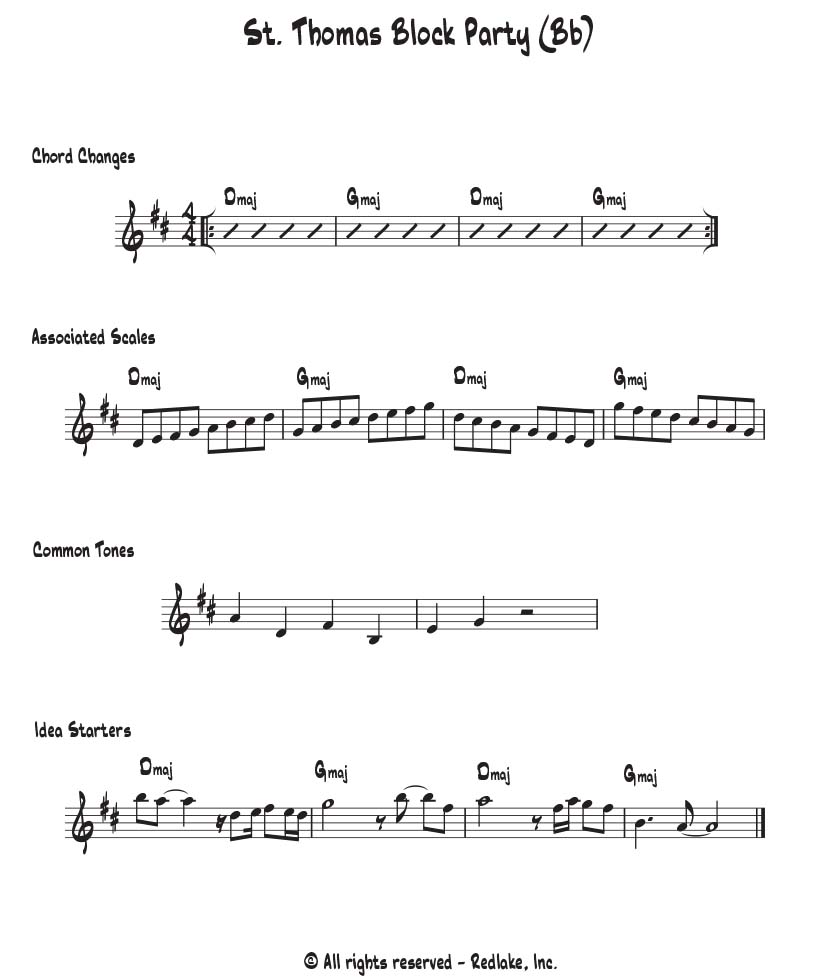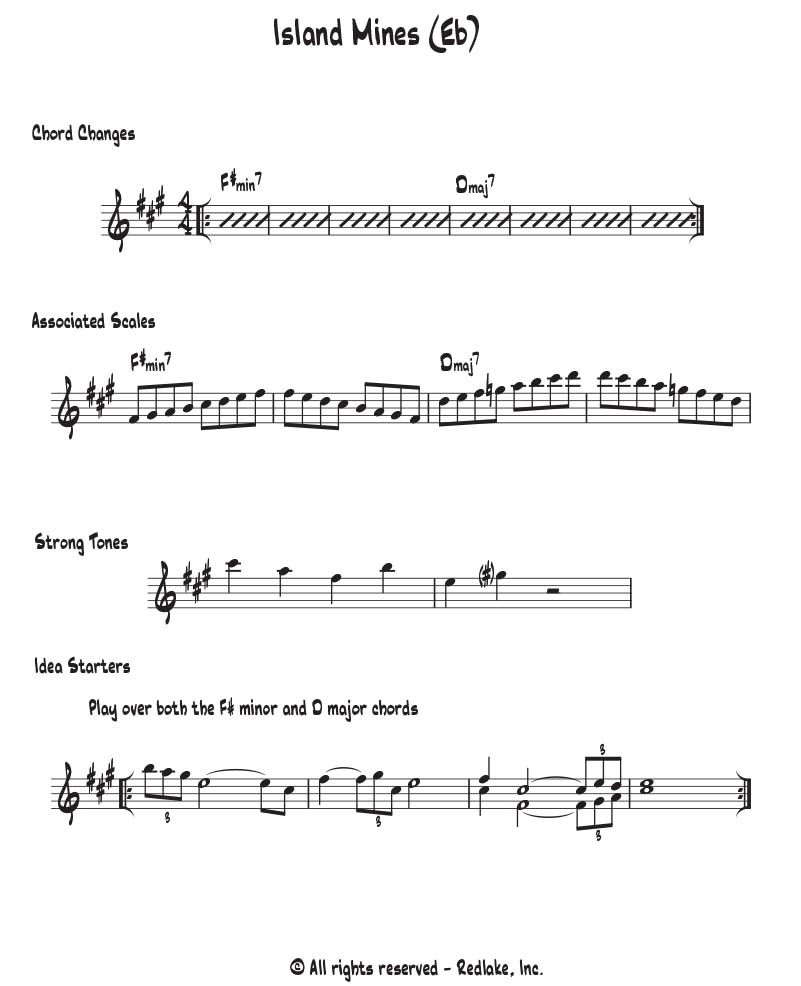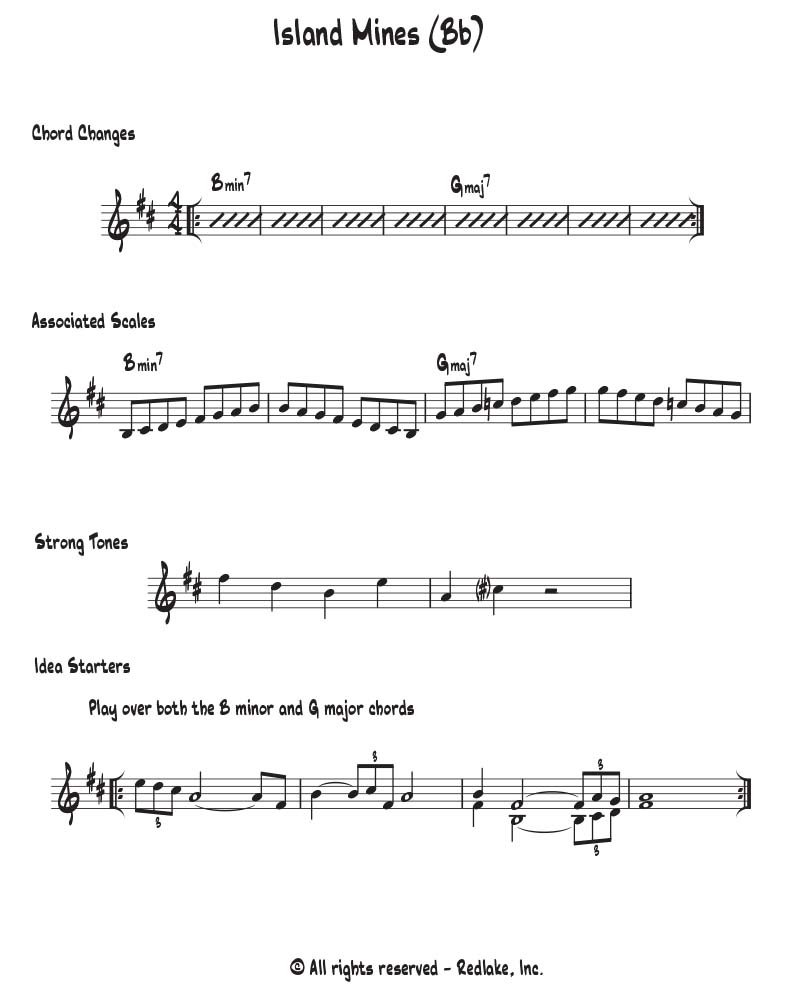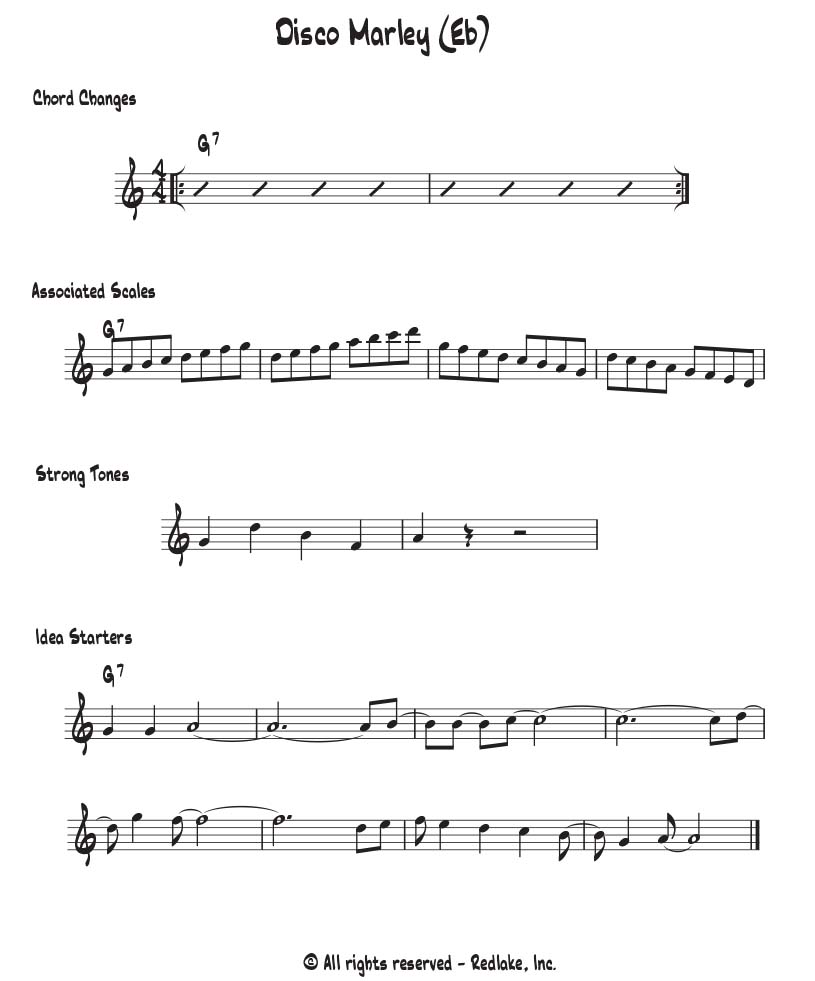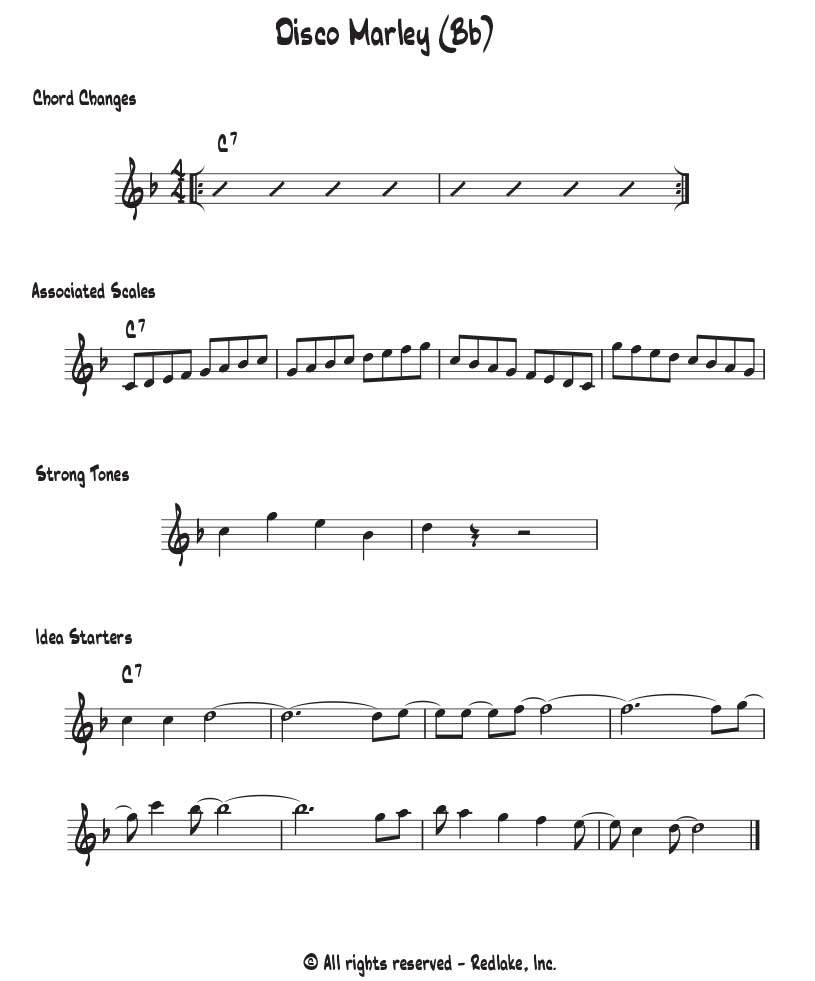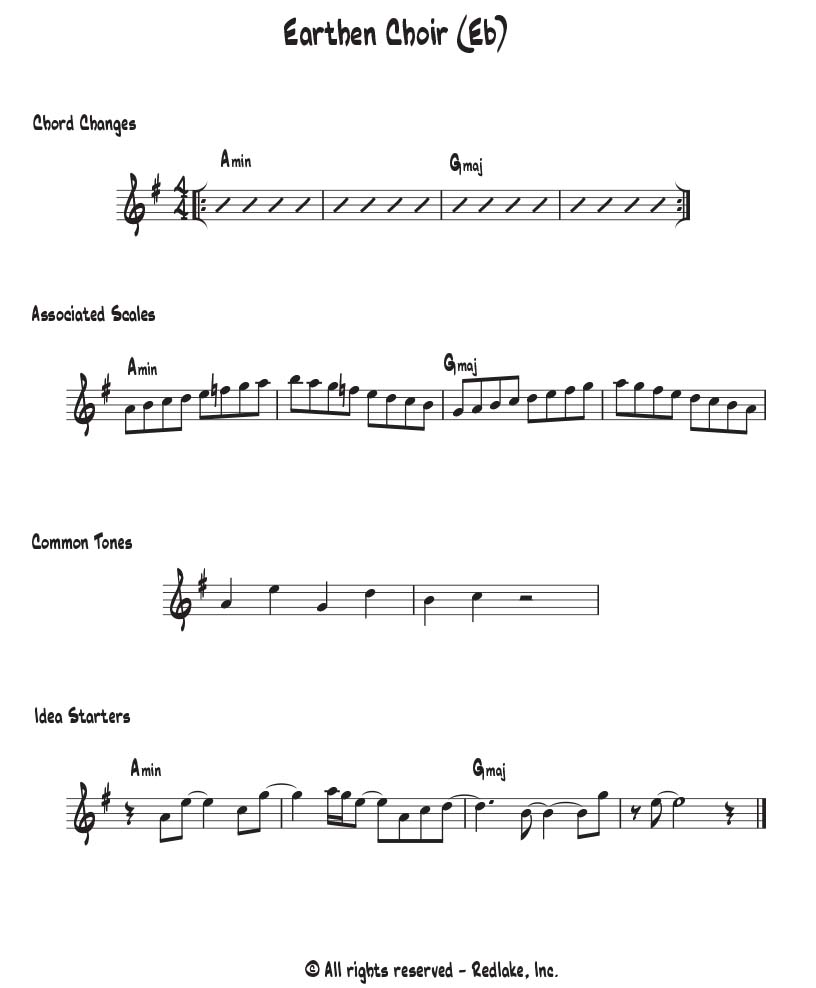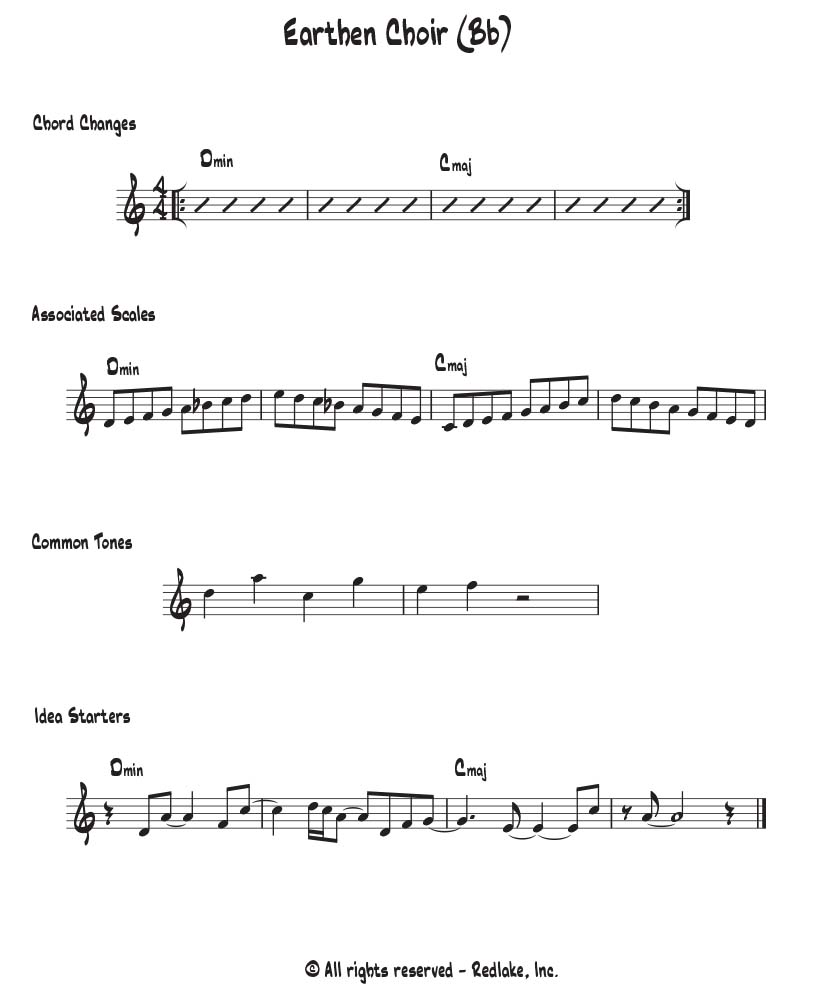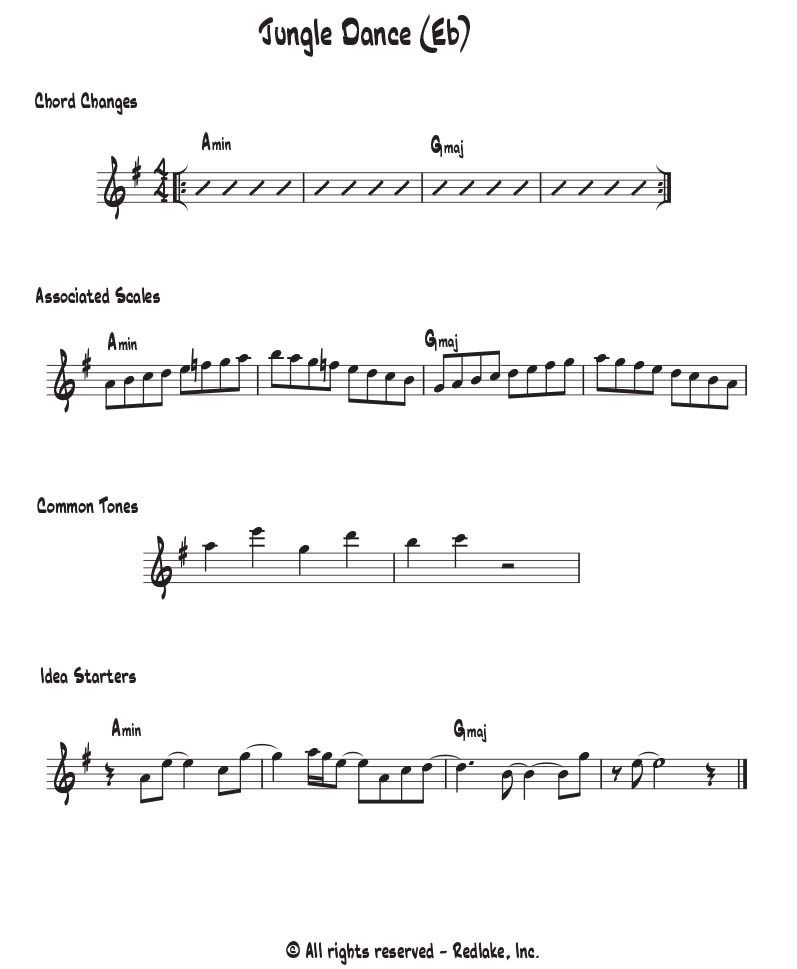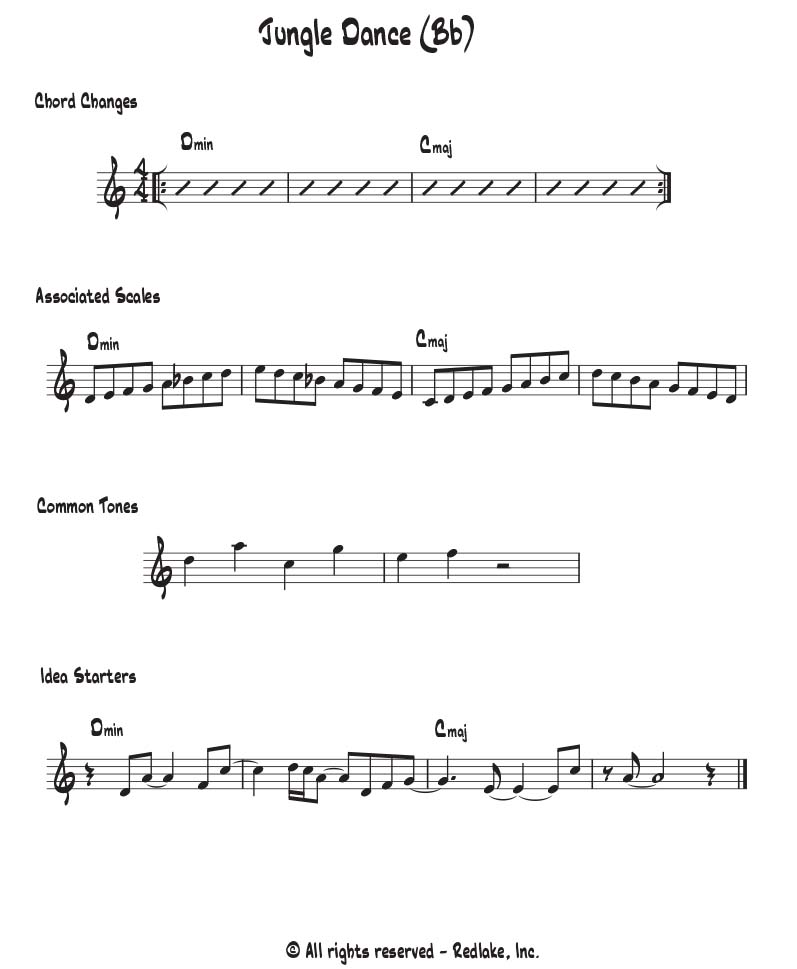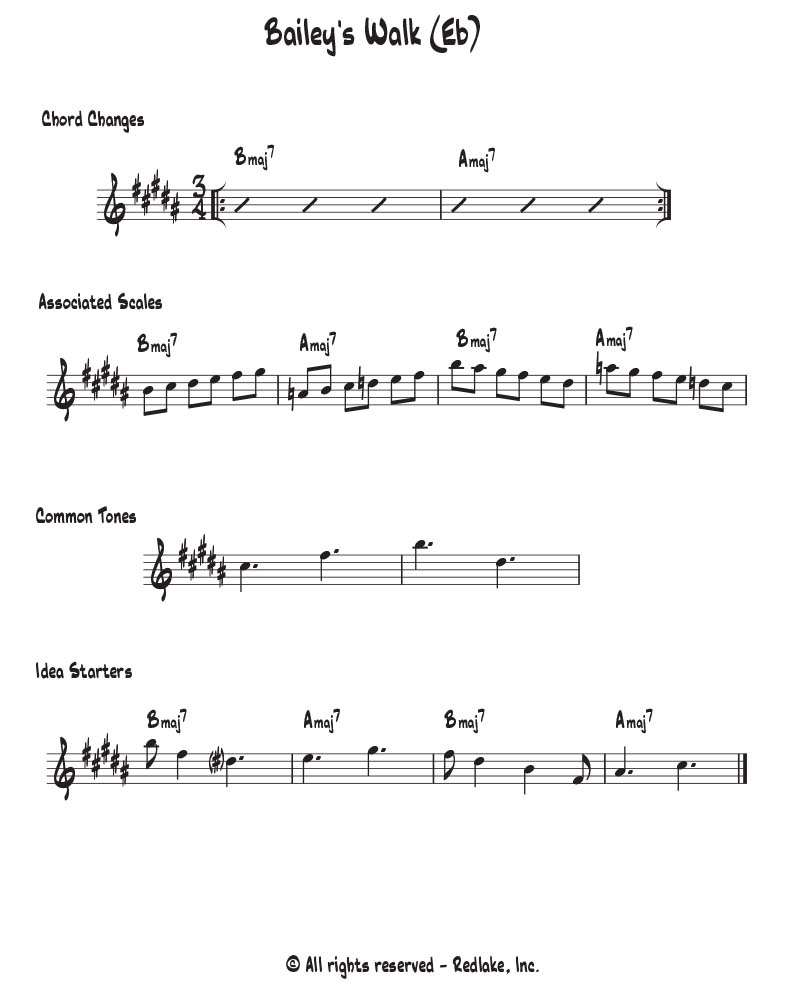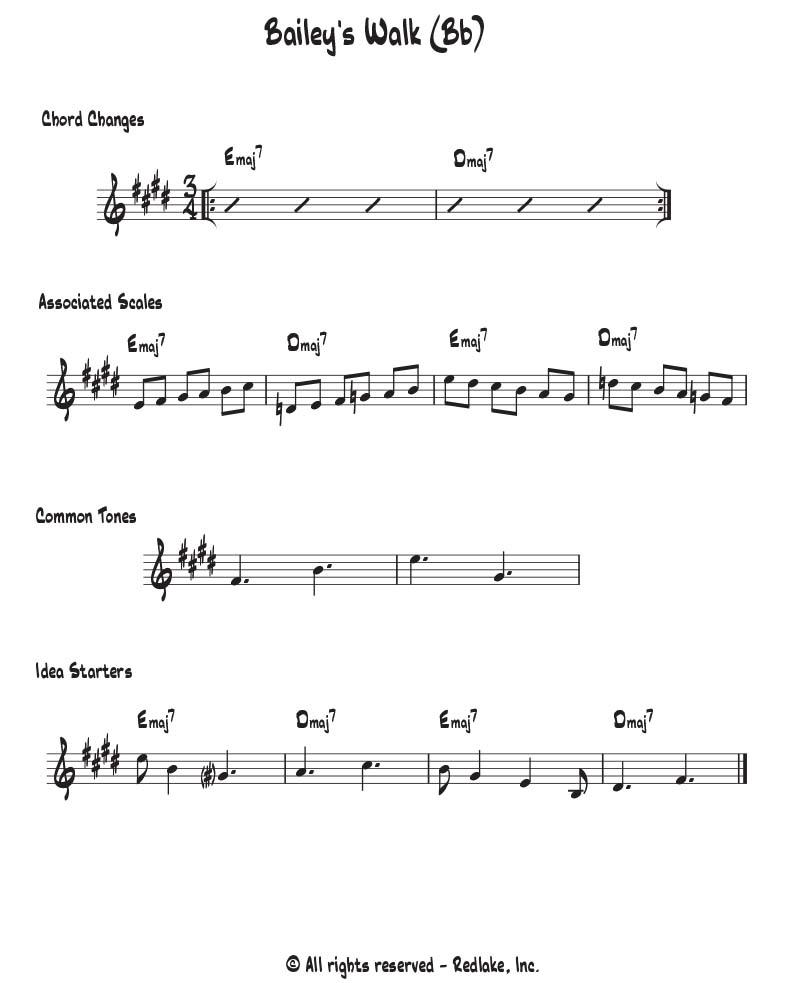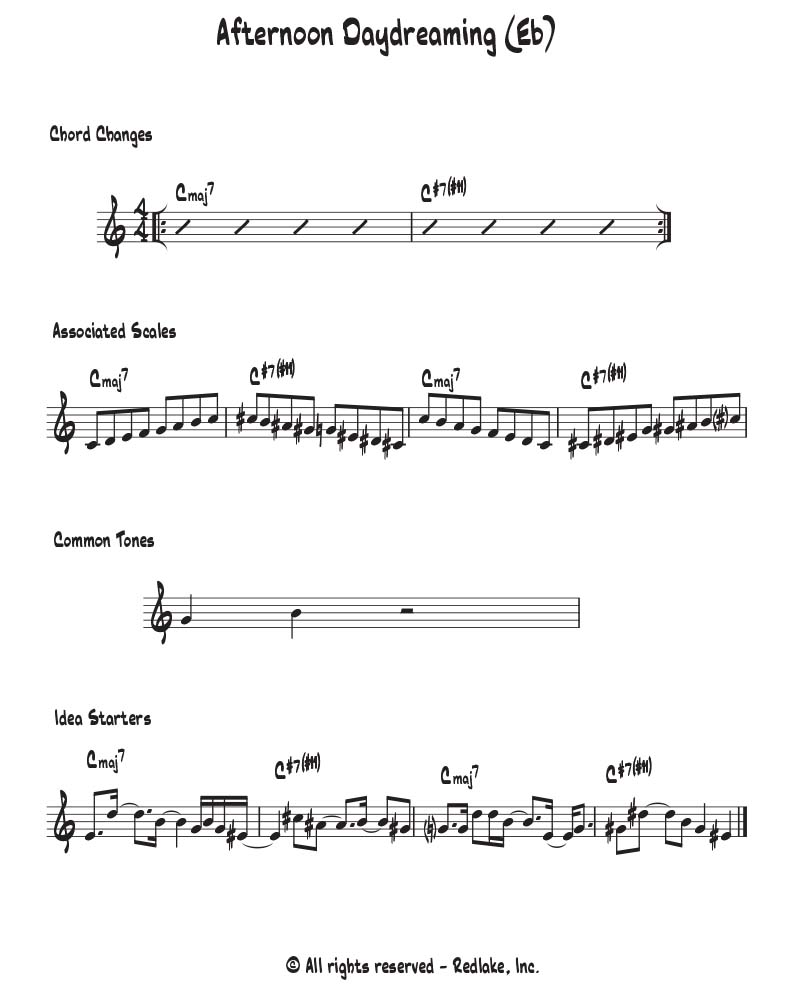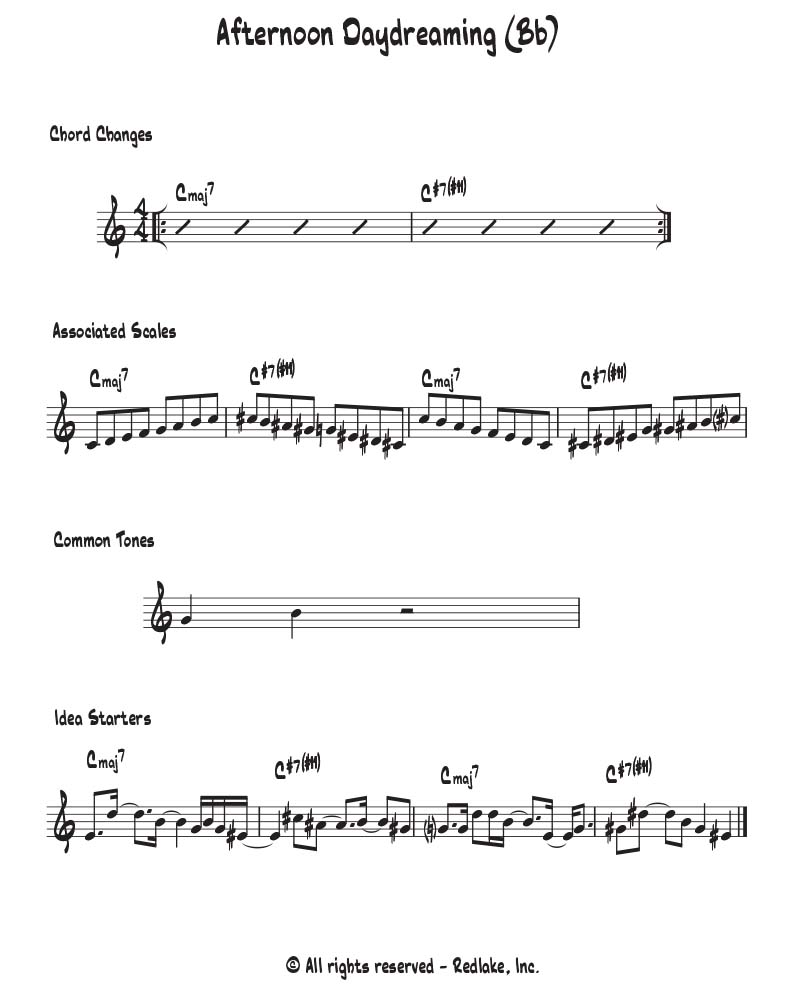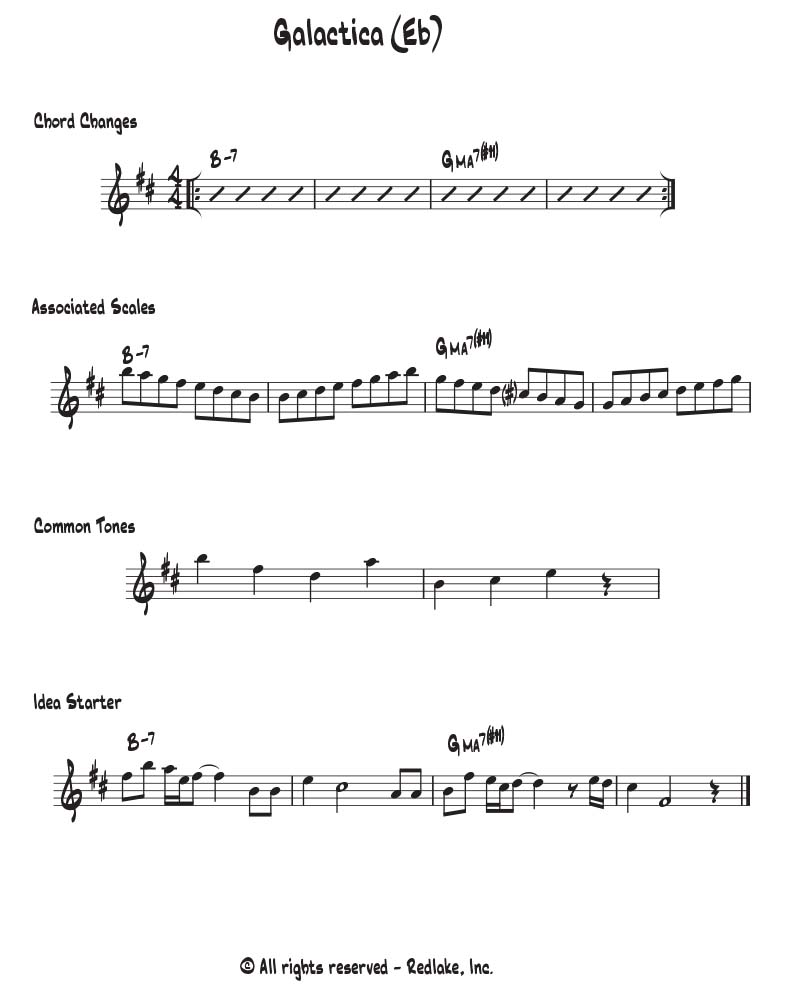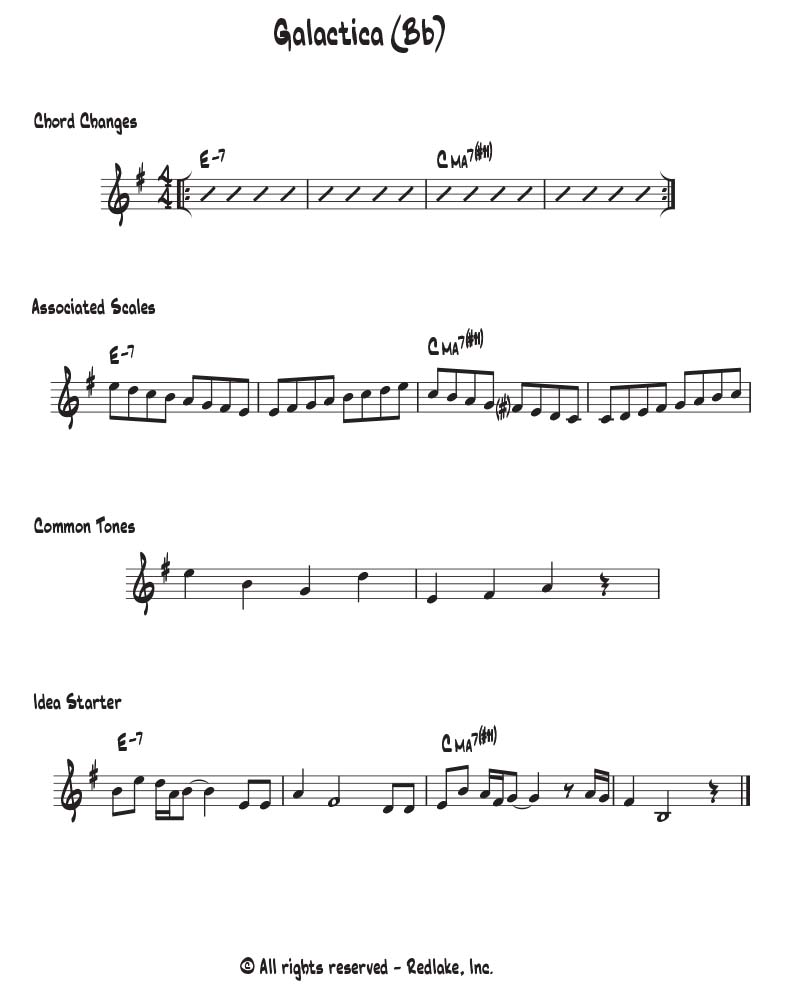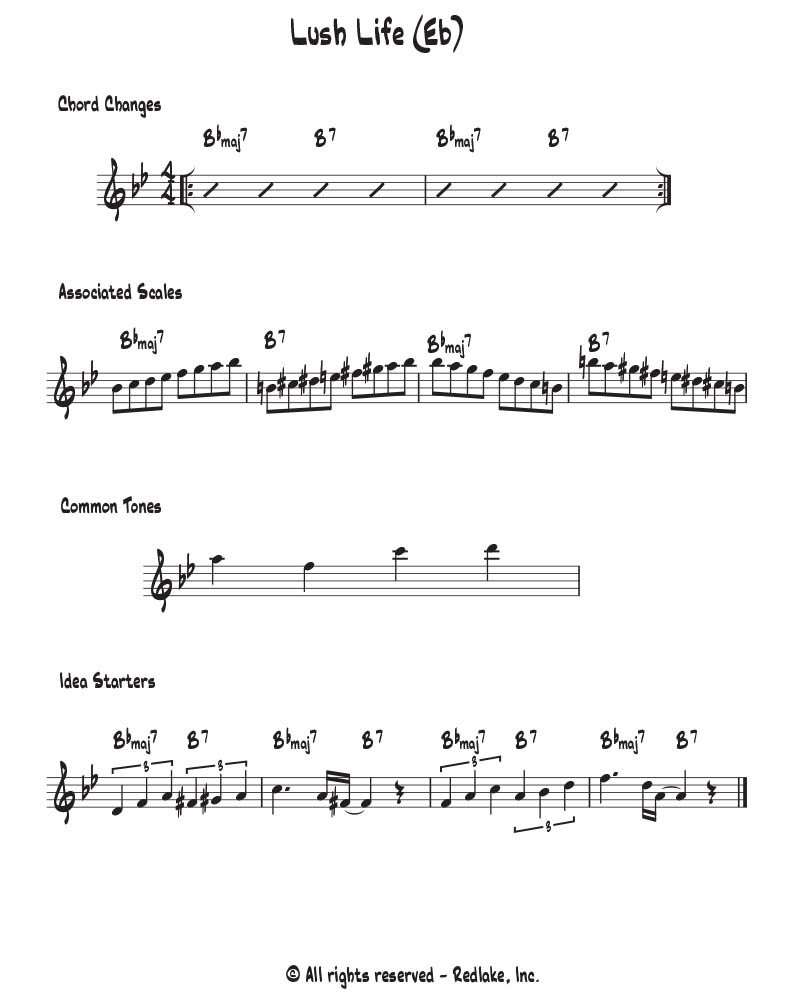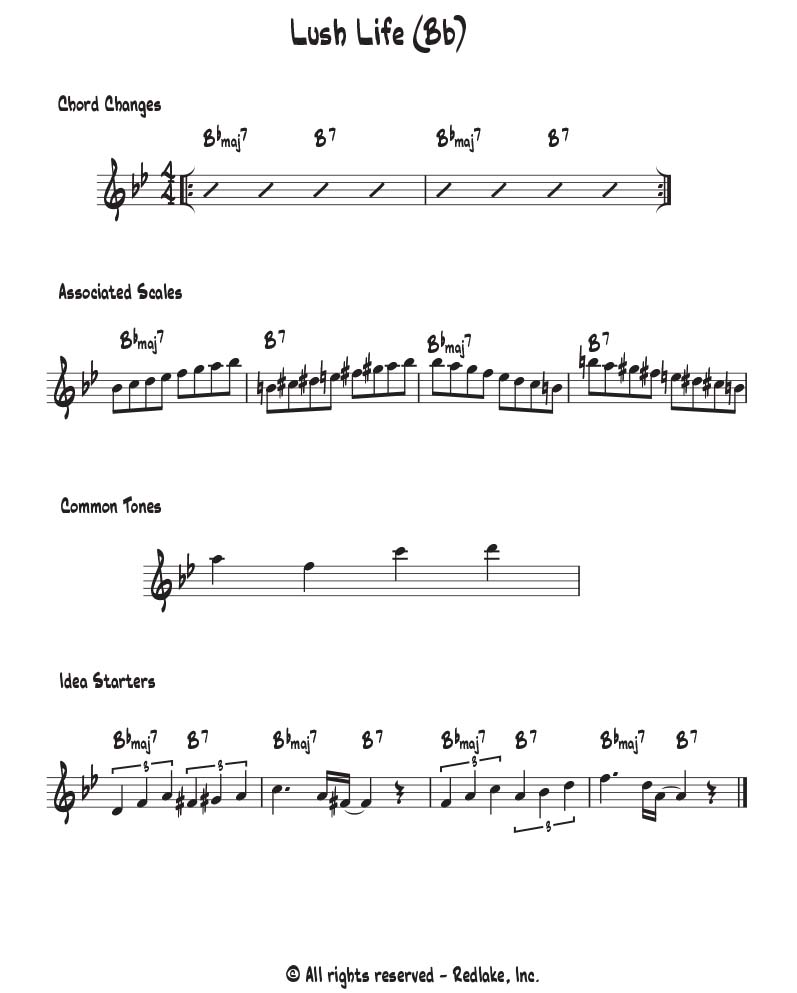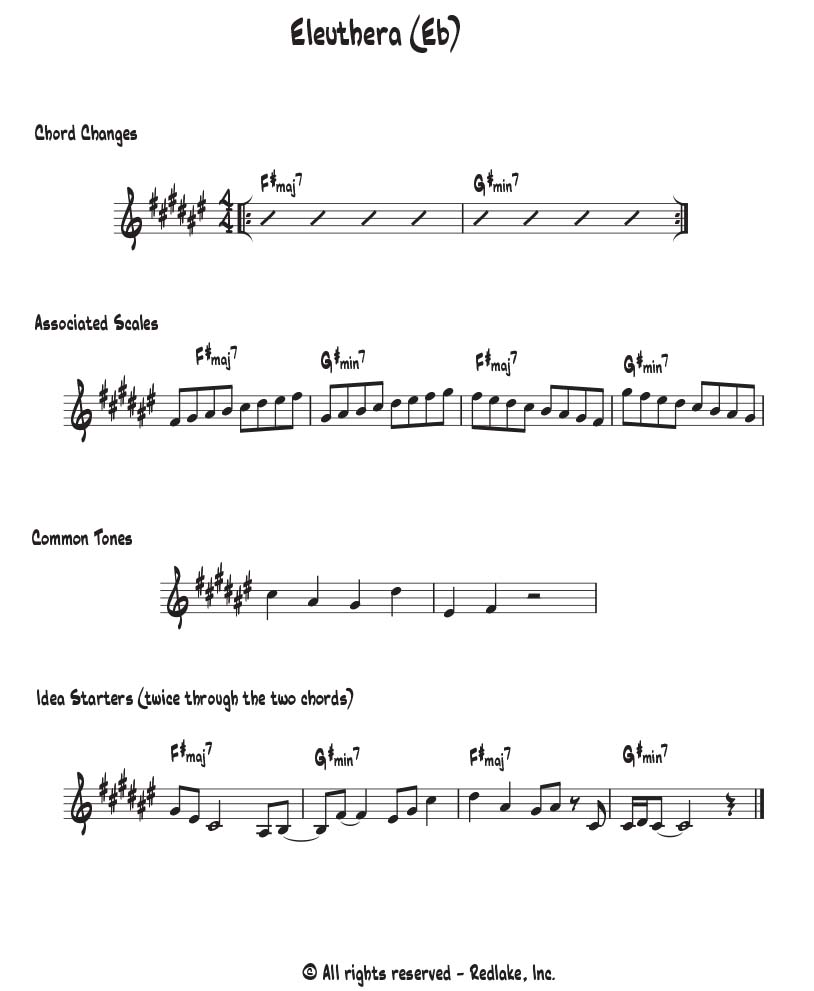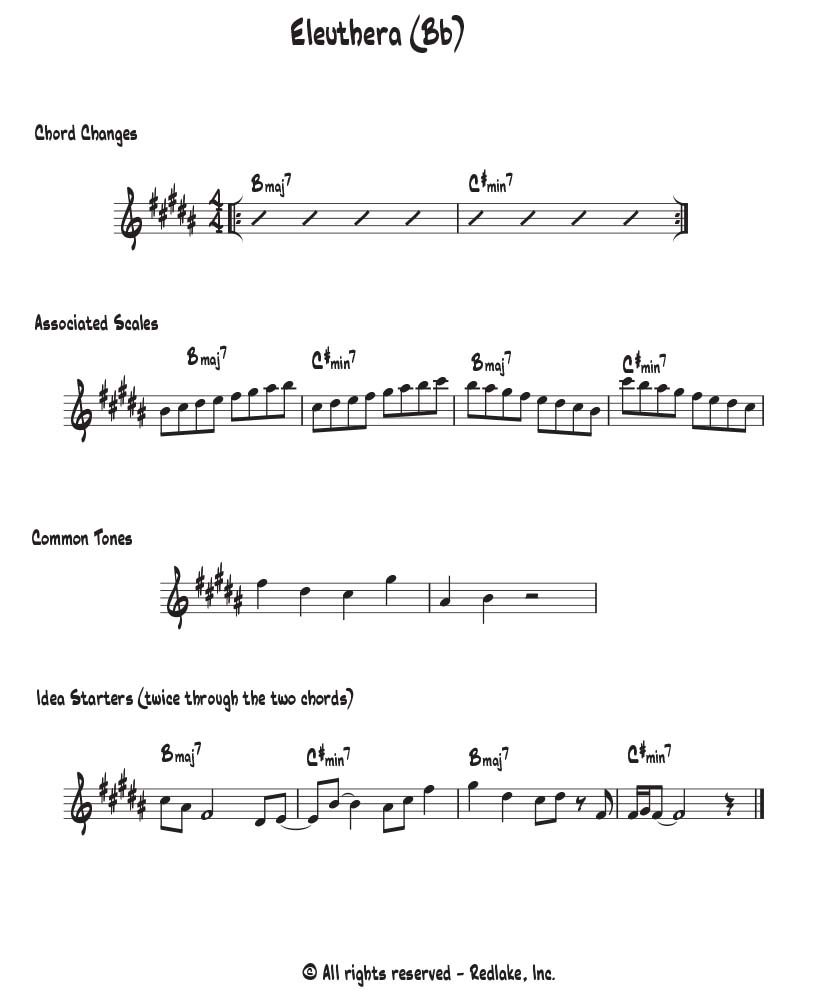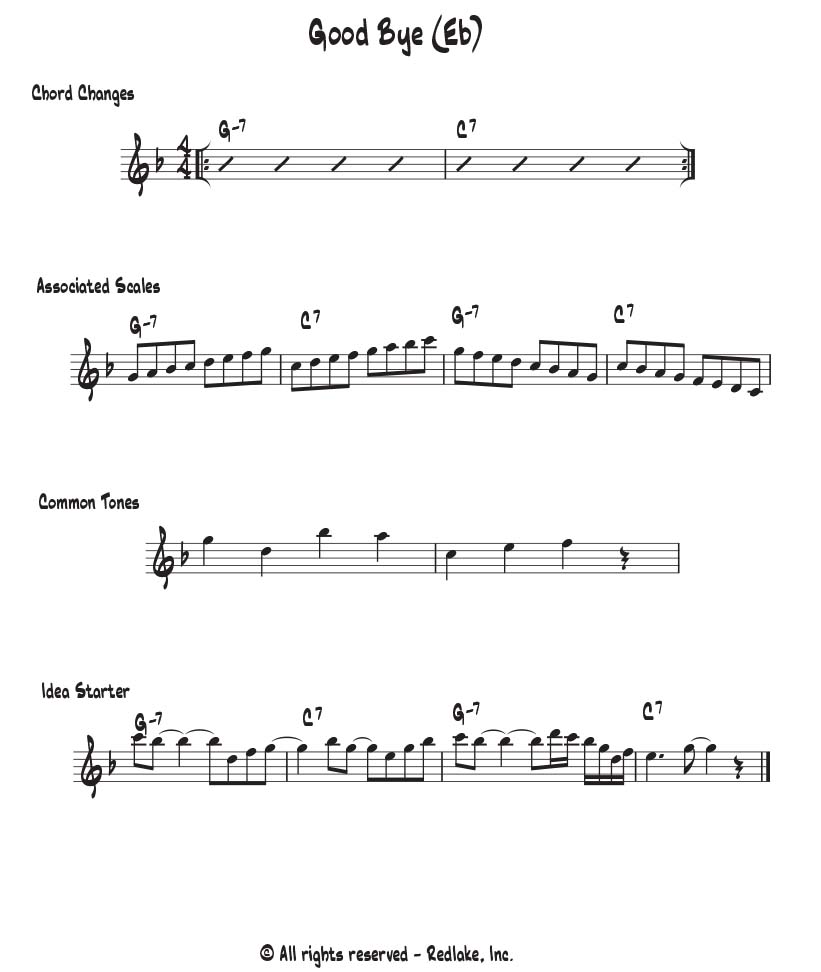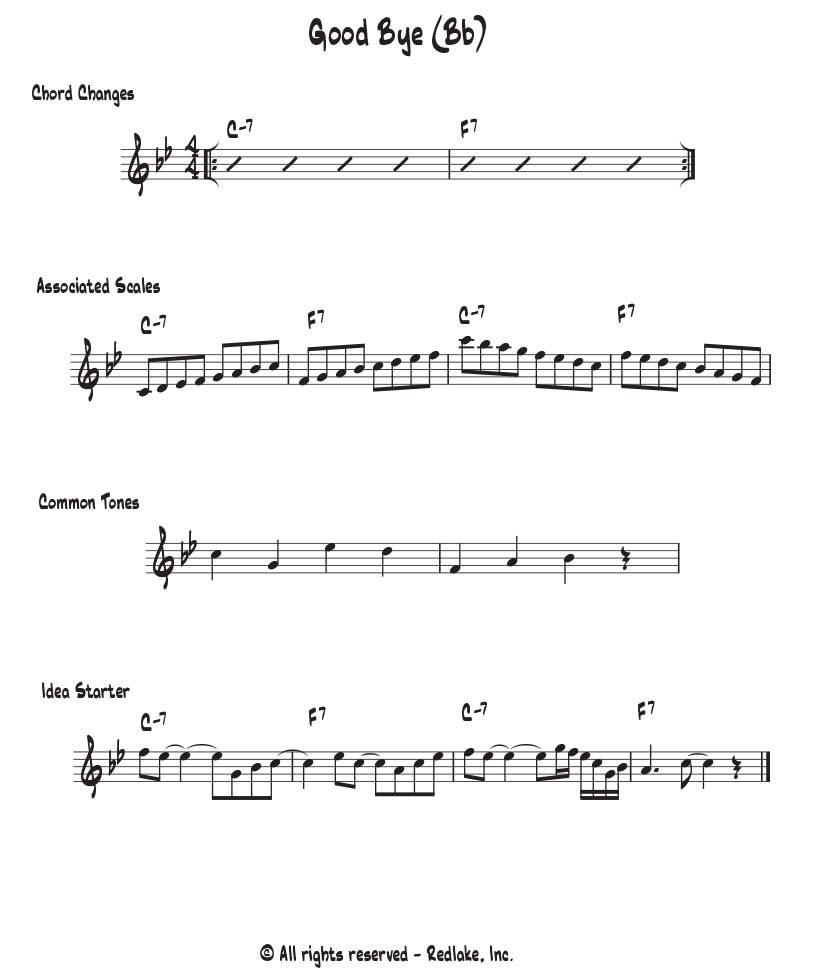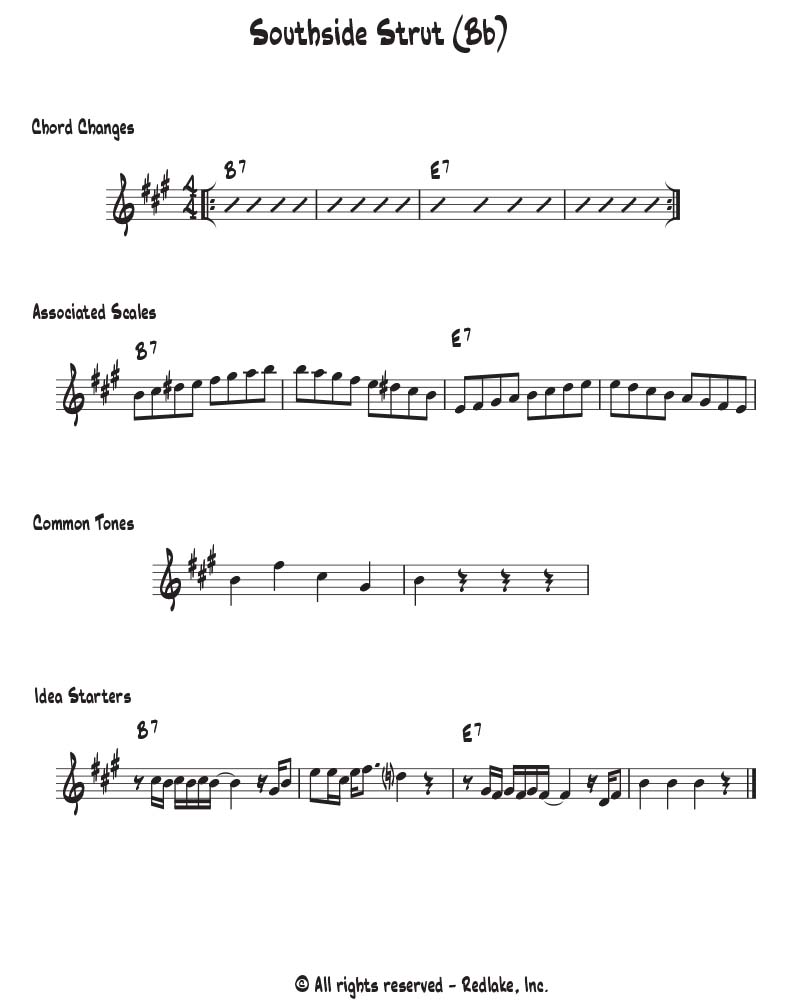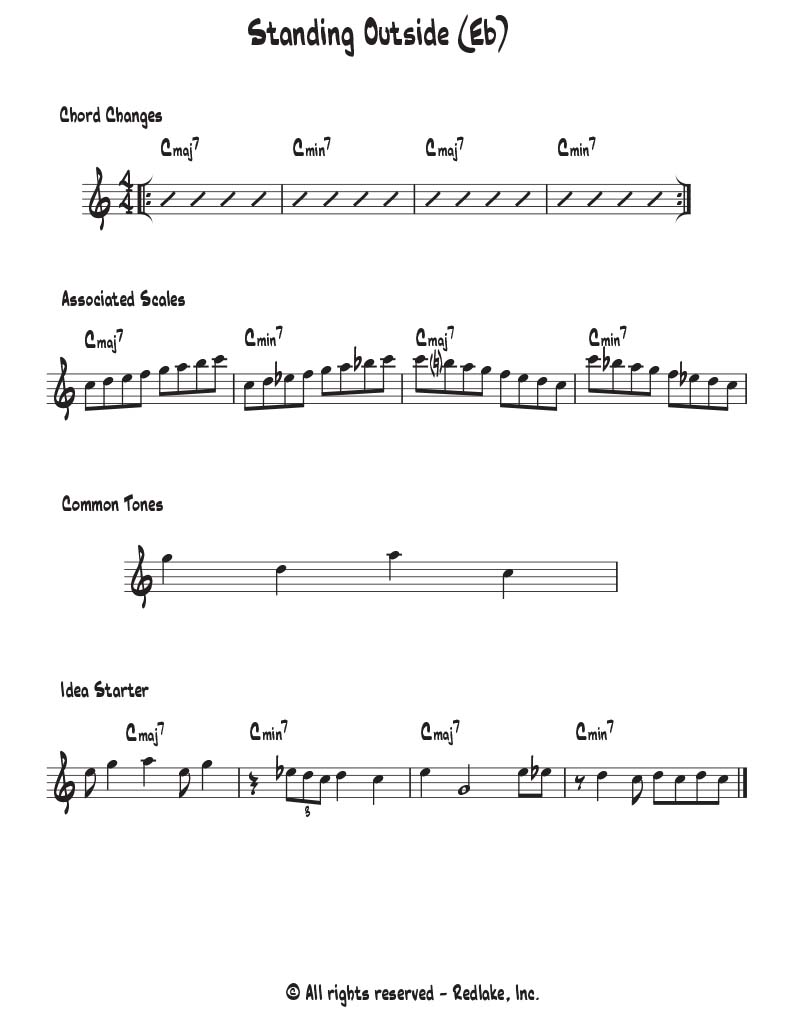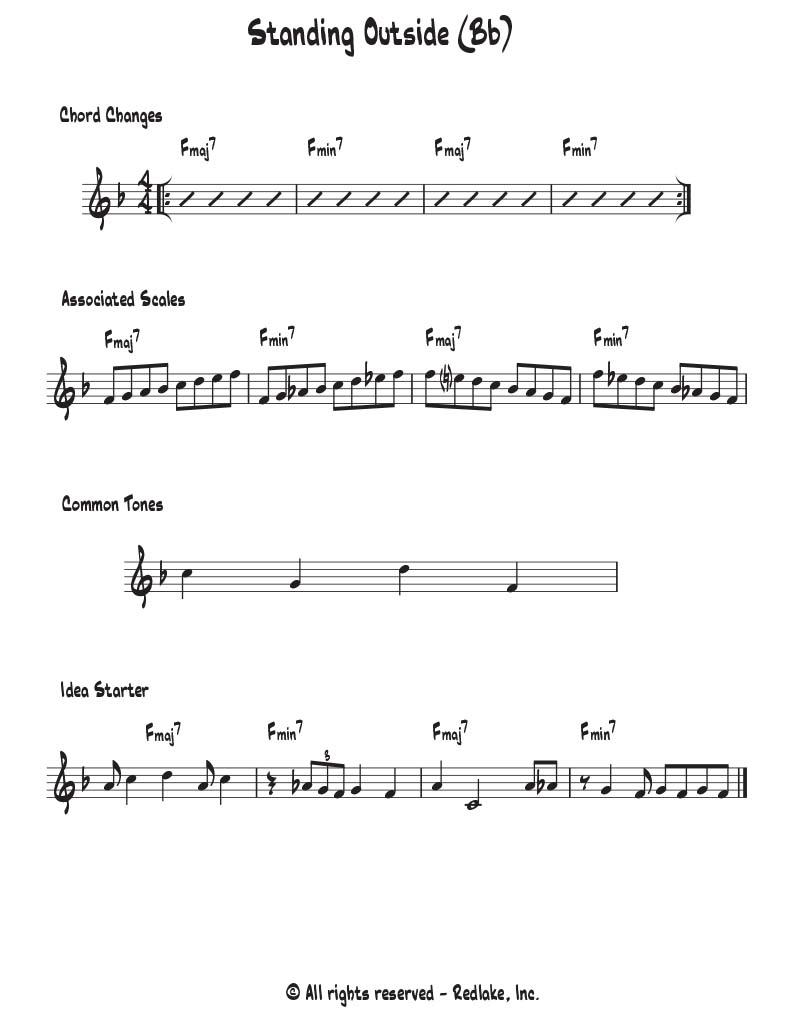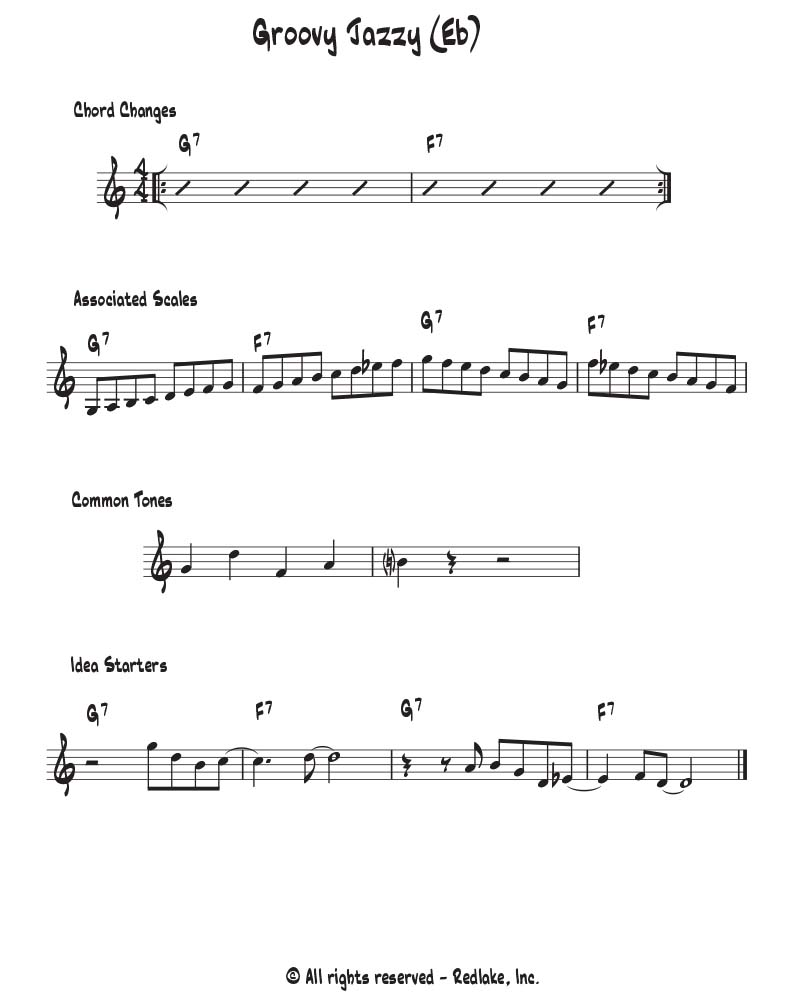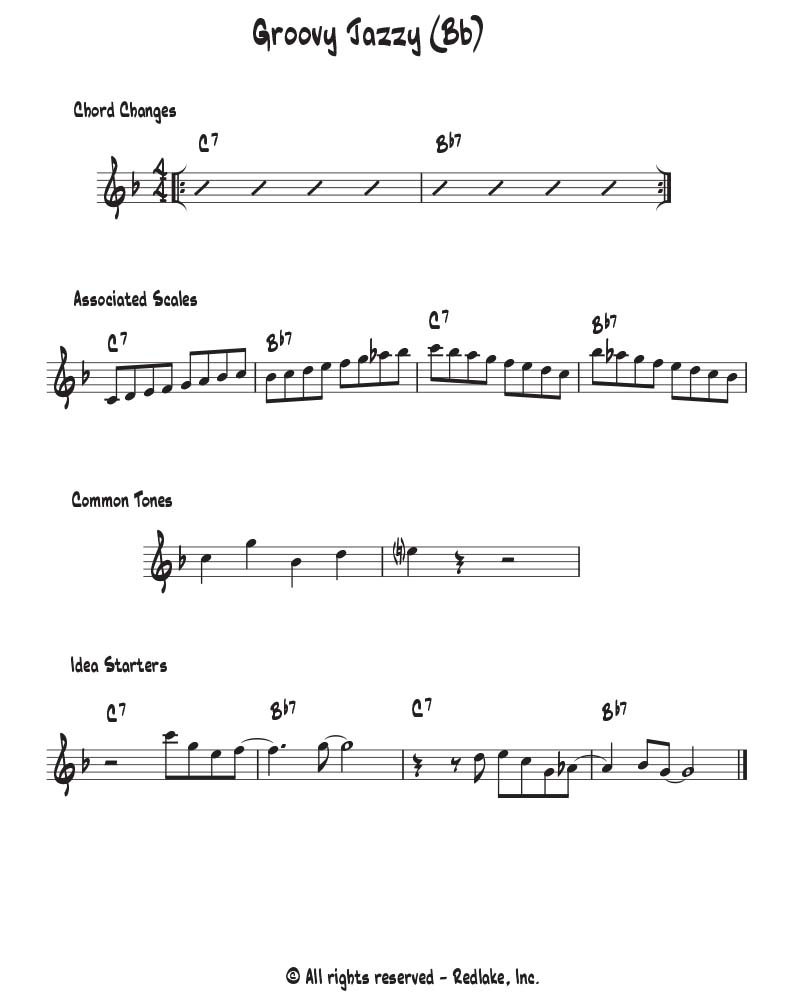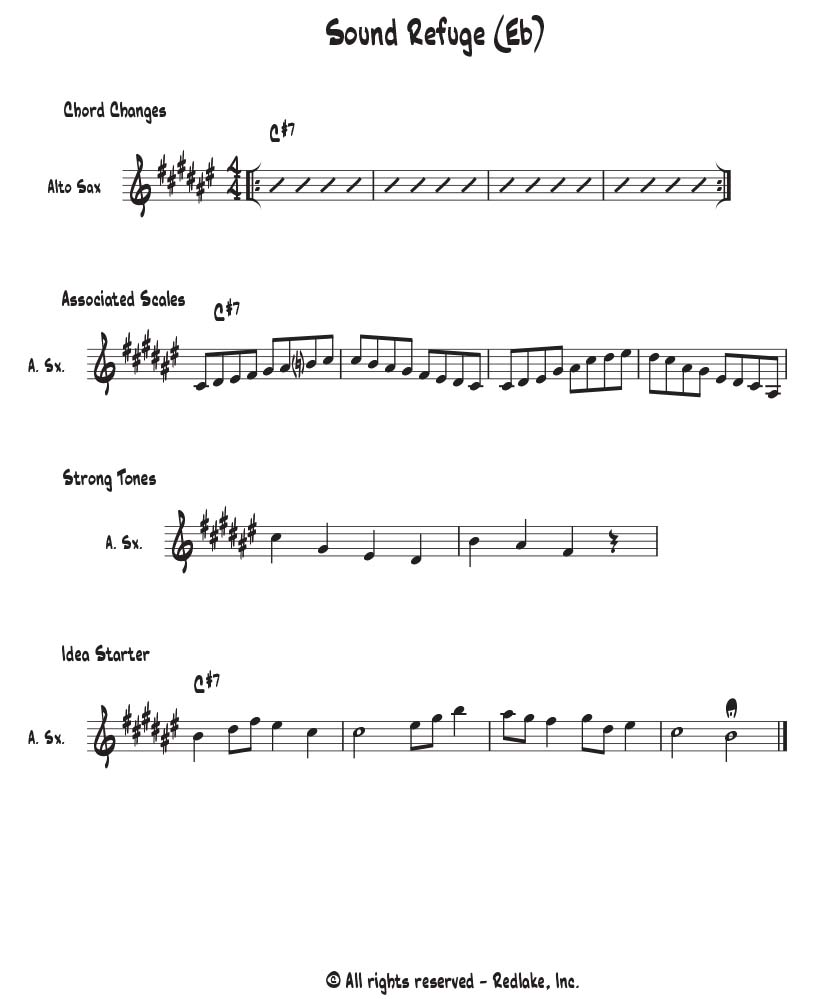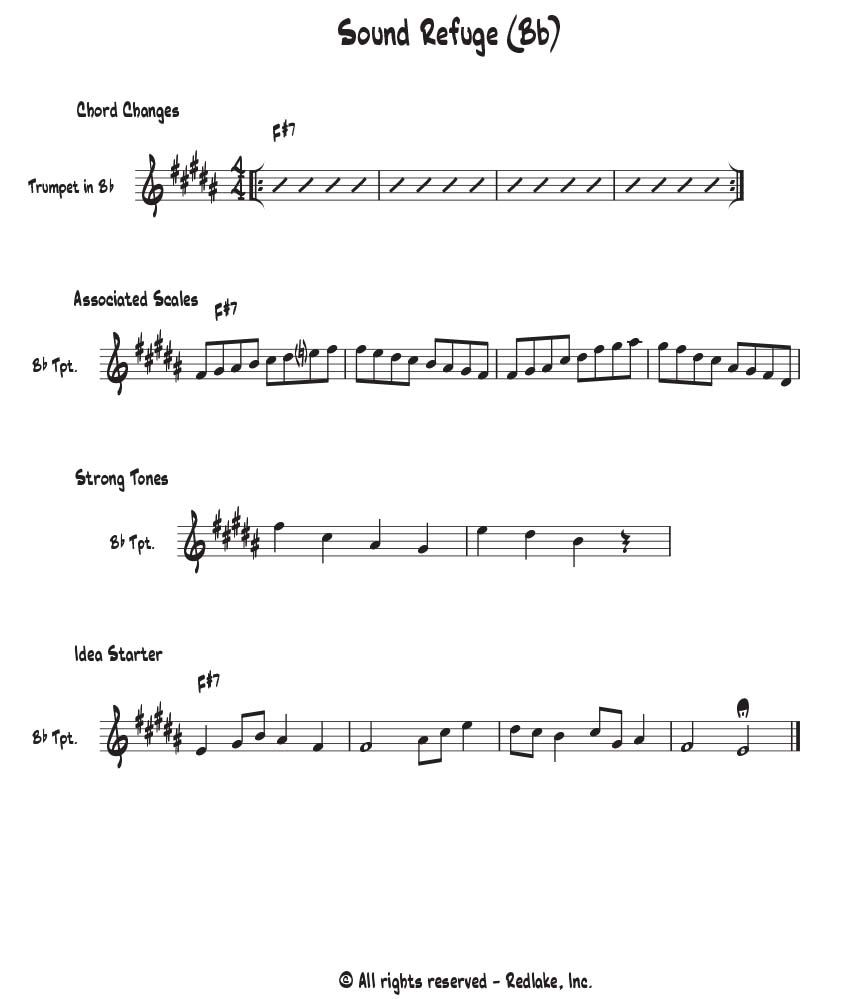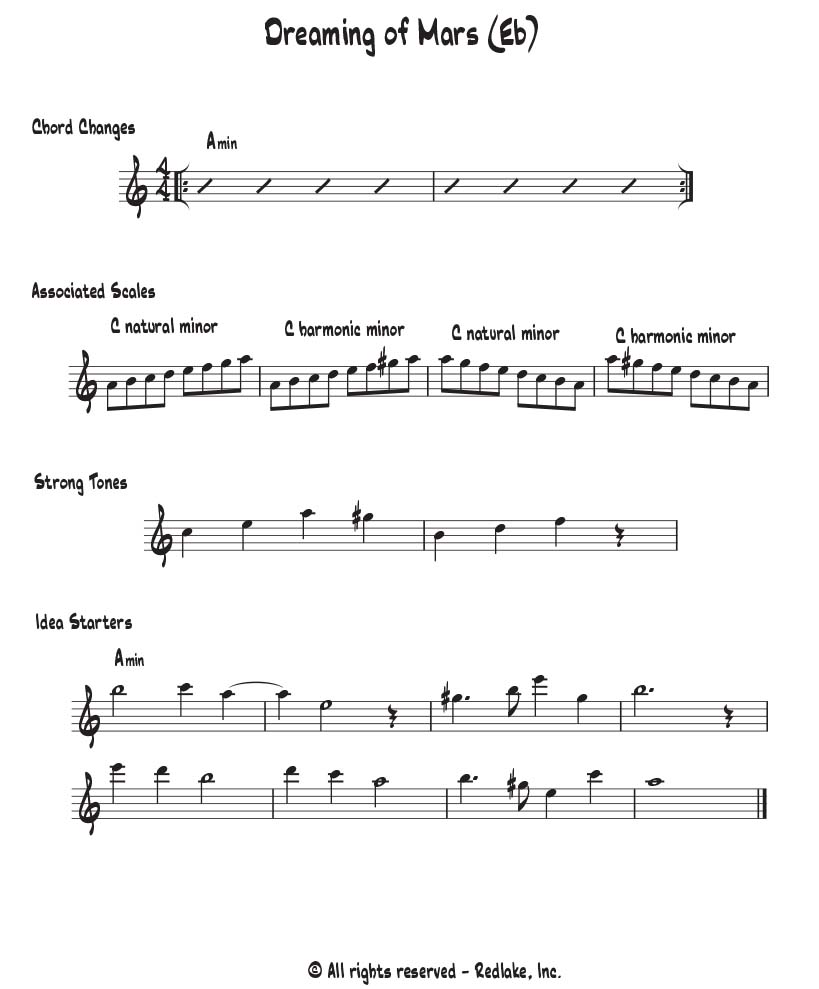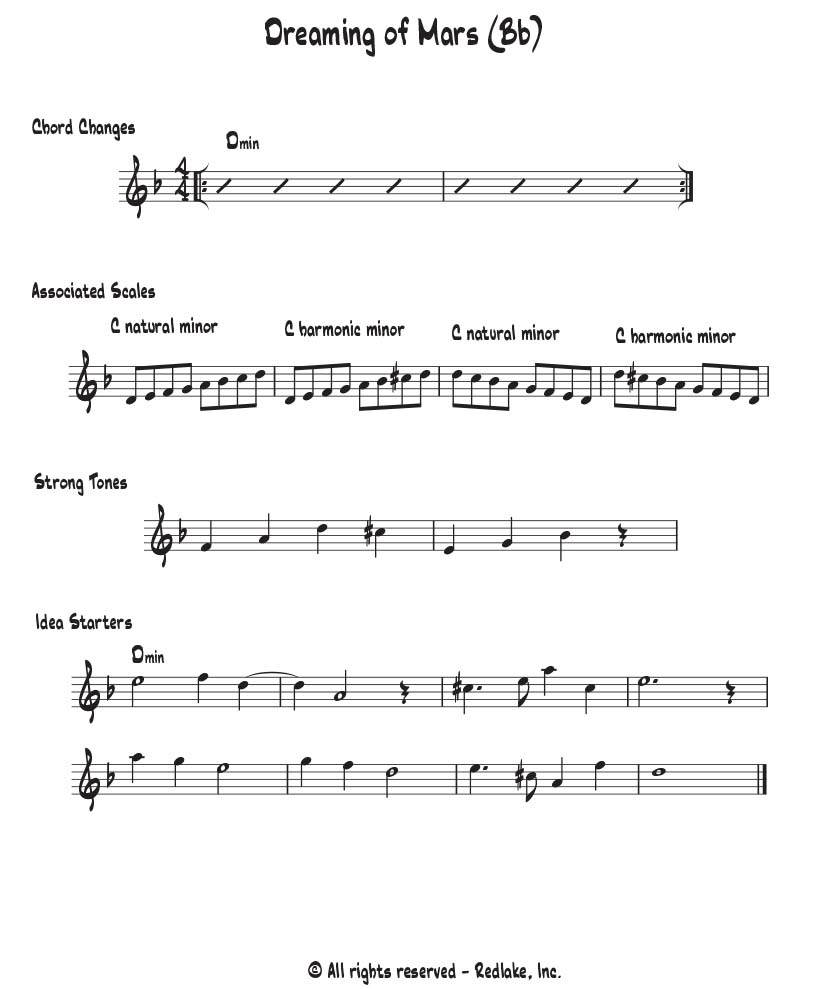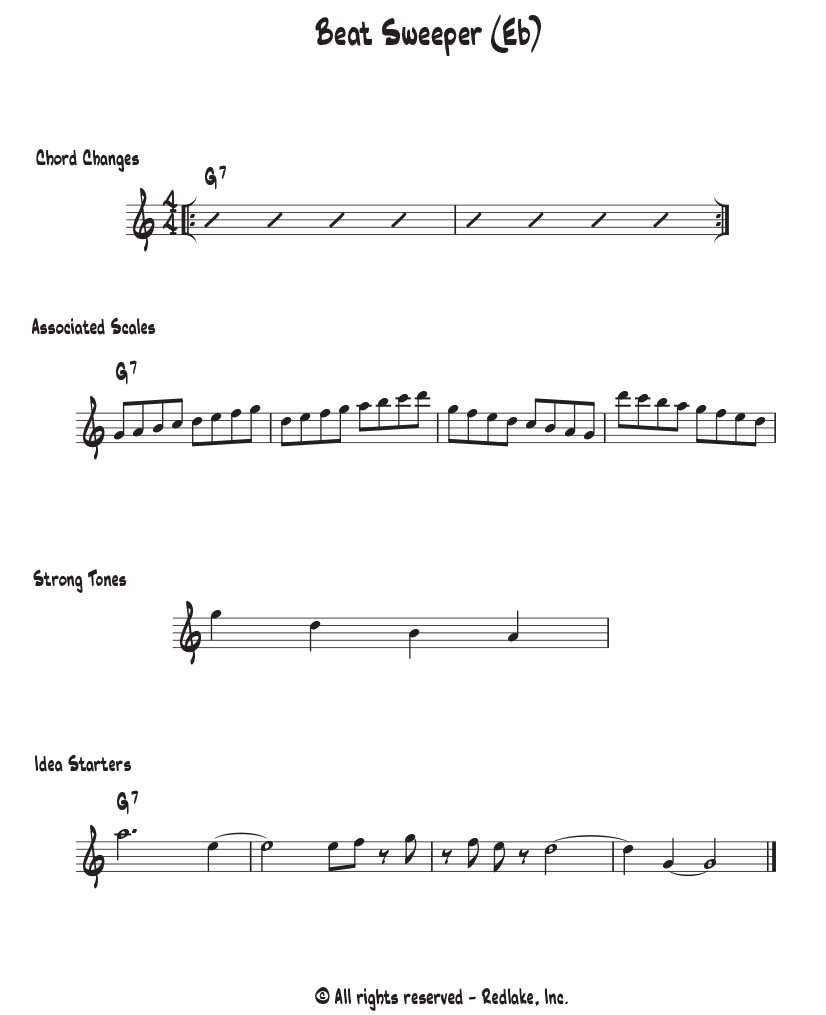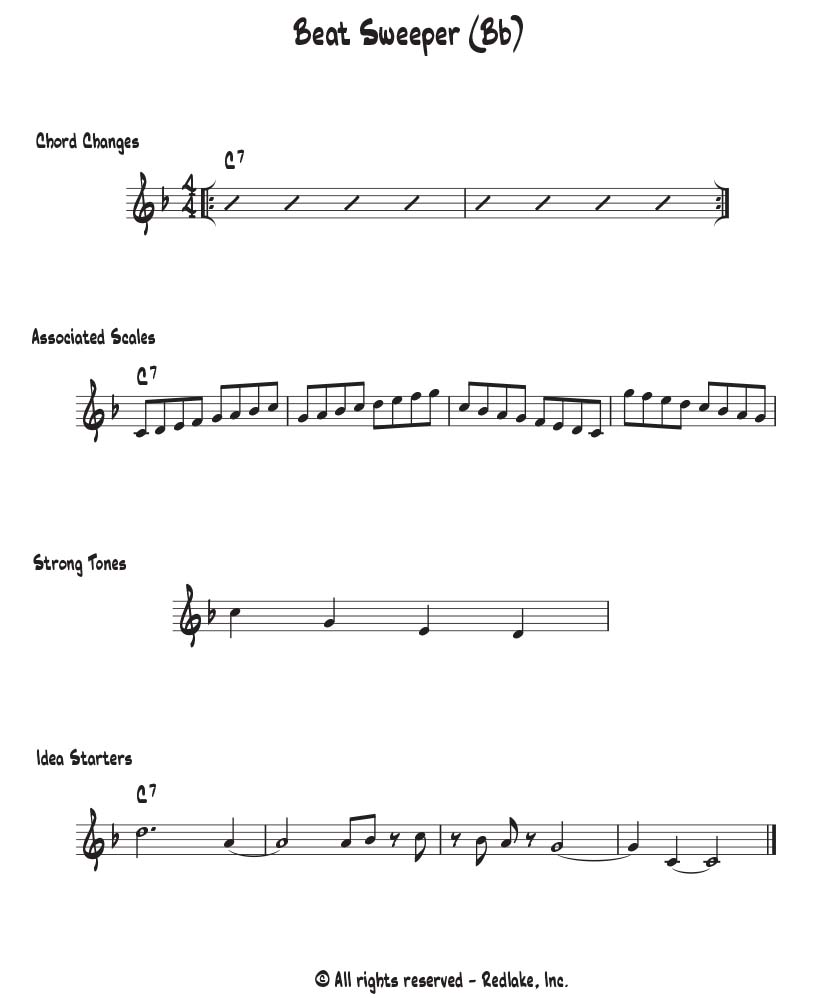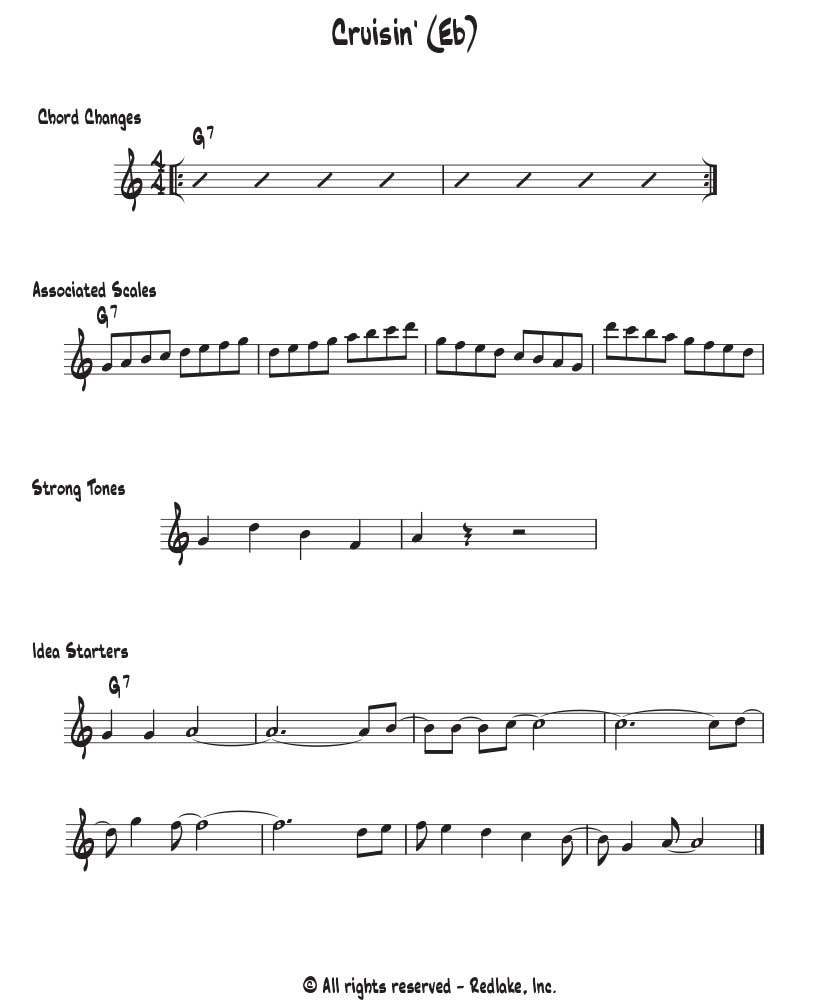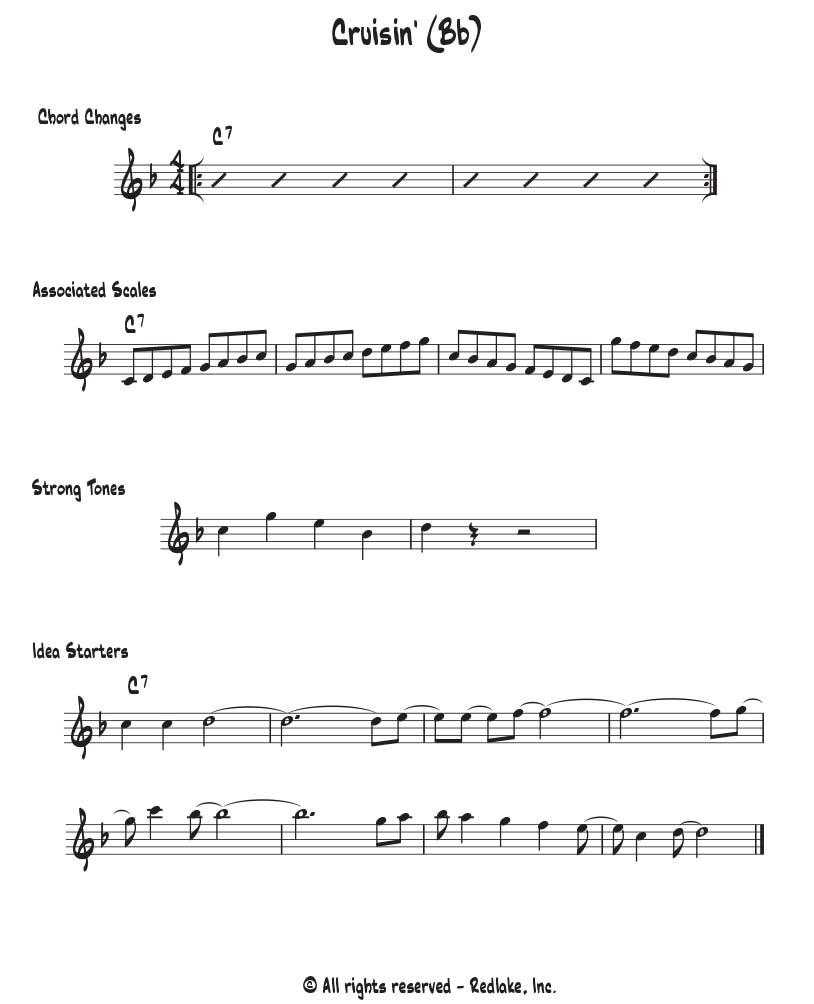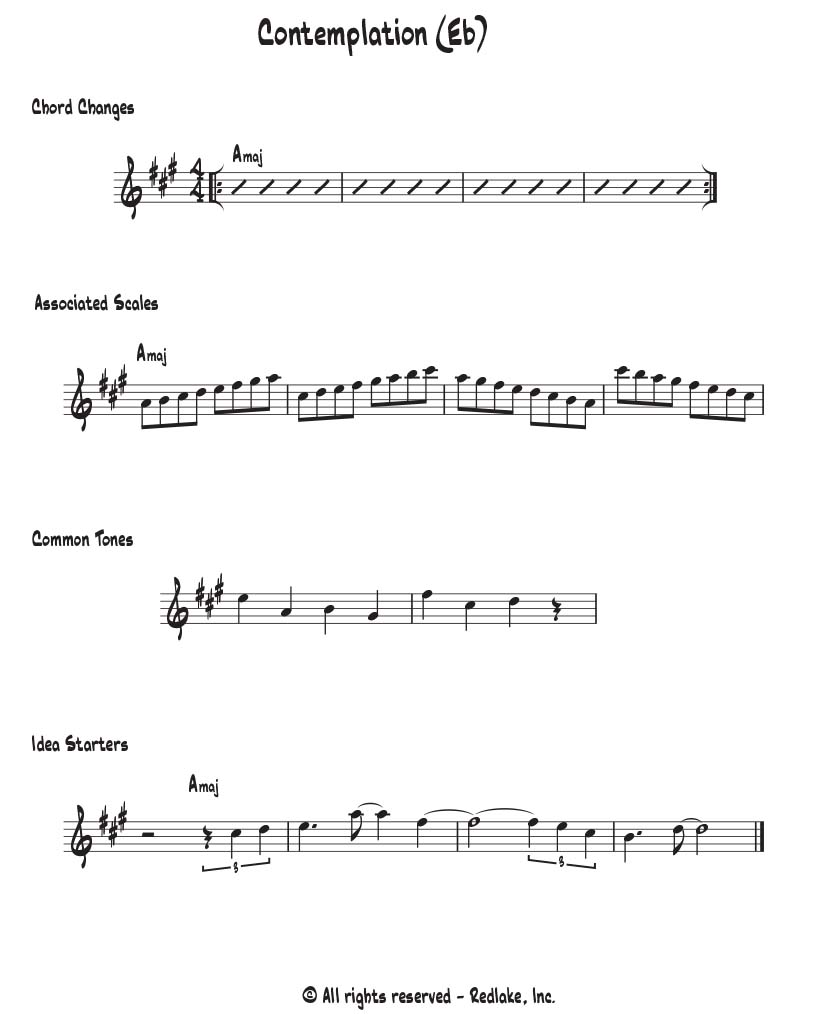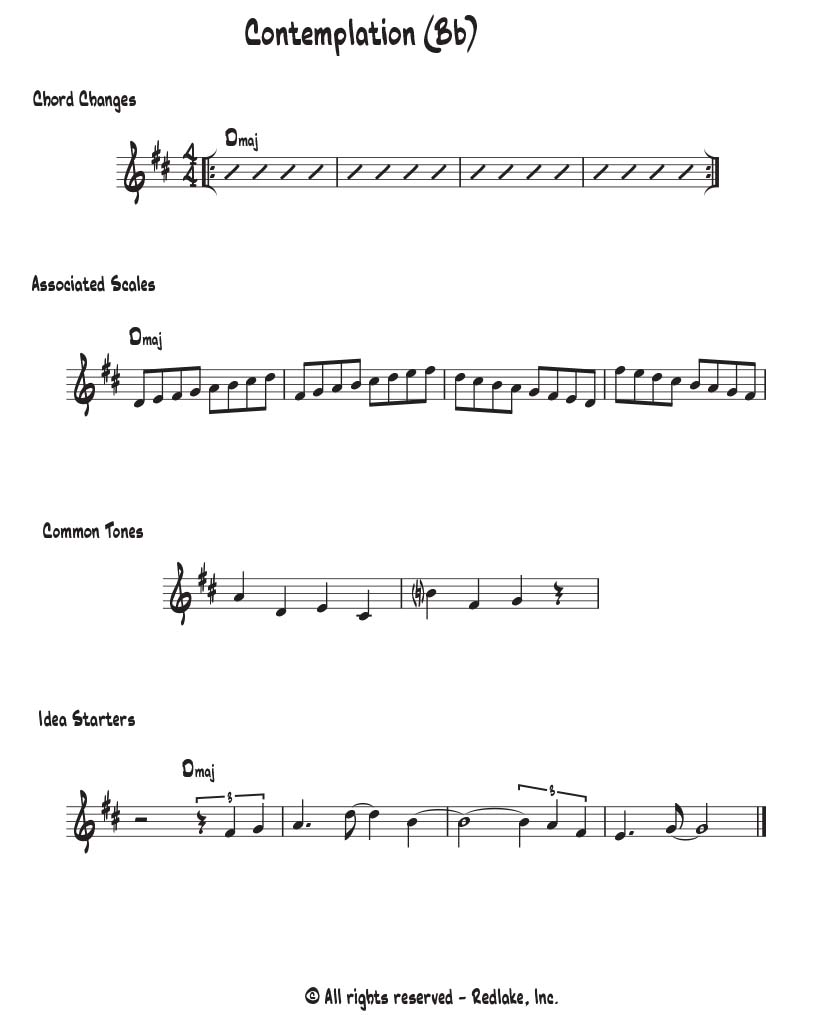There was a singer, a musician named Ray Charles who was making a nice living playing all around Florida, playing the music and the stylings of his idol, Nat King Cole. And one day, Nat took him aside and said, you know, I, I think it’s really, really nice that you’ve patterned yourself after me. But he said in the end, you’re going to want to find your own way. And Ray’s mother told him one time she says, be yourself. I don’t care what that is, but don’t spend your life trying to be something you’re not.
00:43 – 01:27
Now, why am I telling you this? Well, because I think one of the most important messages I can share with you is to find your unique musical voice. And I thought about putting this video at the end. Um But I think it’s important to do at the beginning as we, as you start out in this journey because I do believe that one of the hidden benefits of, of jazz improv savvy is as you deepen your listening to yourself and to what’s going on around you that what can’t help but emerge as you connect that inner music, musical mind with your instrument is more of your voice, your unique individual voice. And you have one.
01:28 – 01:57
Now, you don’t have to be a musical genius in order to do what I’m suggesting. I think what’s tragic is that a lot of players spend their whole lives emulating somebody else wanting to be like someone else and playing as close to them as possible and the whole time they’re missing the magic of themselves. Imagine a Thelonious Monk. You know, if he’d spent his whole life trying to play like Bud Powell, we probably wouldn’t have heard of Monk and we certainly would not have had the rich library of music from Monk. Or, you know, if Cecil Taylor had tried to emulate Oscar Peterson. I know that it seems a little odd, but we we probably wouldn’t have heard of Cecil Taylor. These guys were influenced by a lot of people, but they found their own way. They heard their unique musical voice and as jazz players, we do transcribe and we do try and play Michael Brecker licks and we do try and play like Carl Fontana played in Polka Dots and Moonbeams or we try to play like Freddie Hubbard or Woody Shaw. Just name a player. But we, we should be doing that as a means to an end, not as the end.
02:46 – 03:25
We should be doing that in order to build our chops, to build our harmonic vocabulary to get the feeling of being in the jazz moment. But at a certain point, you put that aside and you listen for who your musical voice really is. You know, those times where you’re driving late at night, maybe you just got done with a gig and your mind is wandering and you’re kind of fantasizing your ideal solo and the way you sound or, you know, just before you go to bed, you’re relaxed and you’re kind of, you know, this, the sound is coming into your head.
03:25 – 04:03
That’s what I want to help you get out of this course because I think that is one of the hidden benefits of this. As I hear players tell me after listening to this, this course and these lessons that they sat in with a band and with tunes they hadn’t played before of known and the music flowed out of them in a way that kind of surprised them and the band loved it and the audience loved it. And I think what’s really happening, not only is it broadening their ability to reach for new notes, but I think their musical voice is coming out in the process. And that’s kind of what leads me to think that this is one of the key benefits of going through this course.
04:05 – 04:23
So play Michael Brecker licks and transcribe solos and learn the vocabulary. But at a certain point, let it go and be brave and be yourself because everybody else is taken. See you in the next video.

